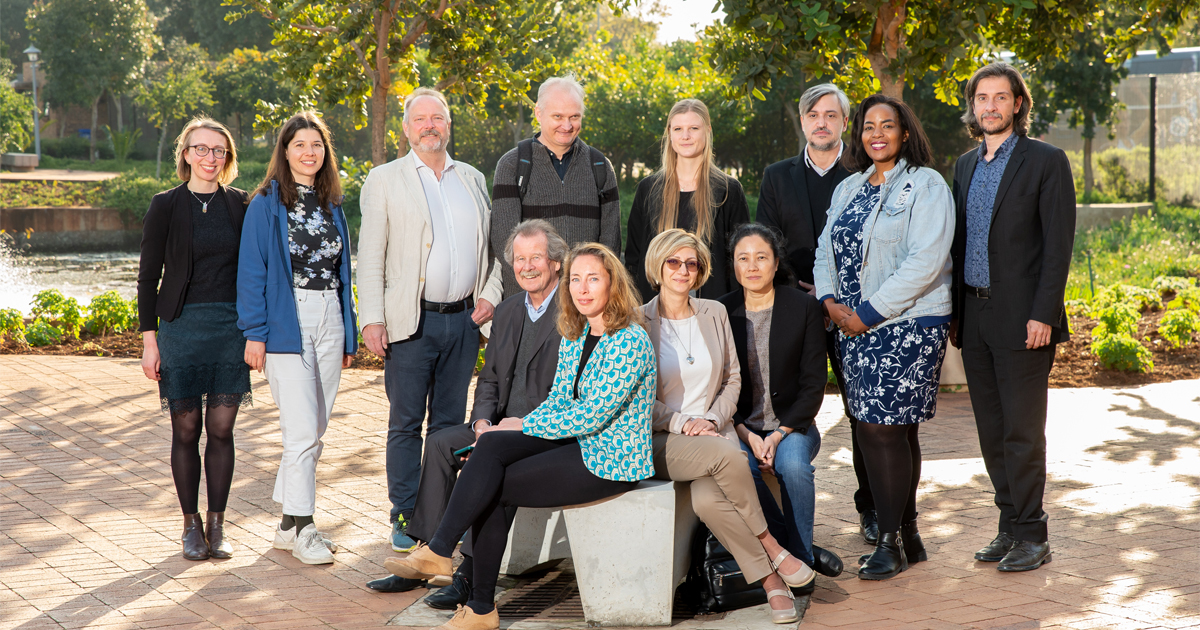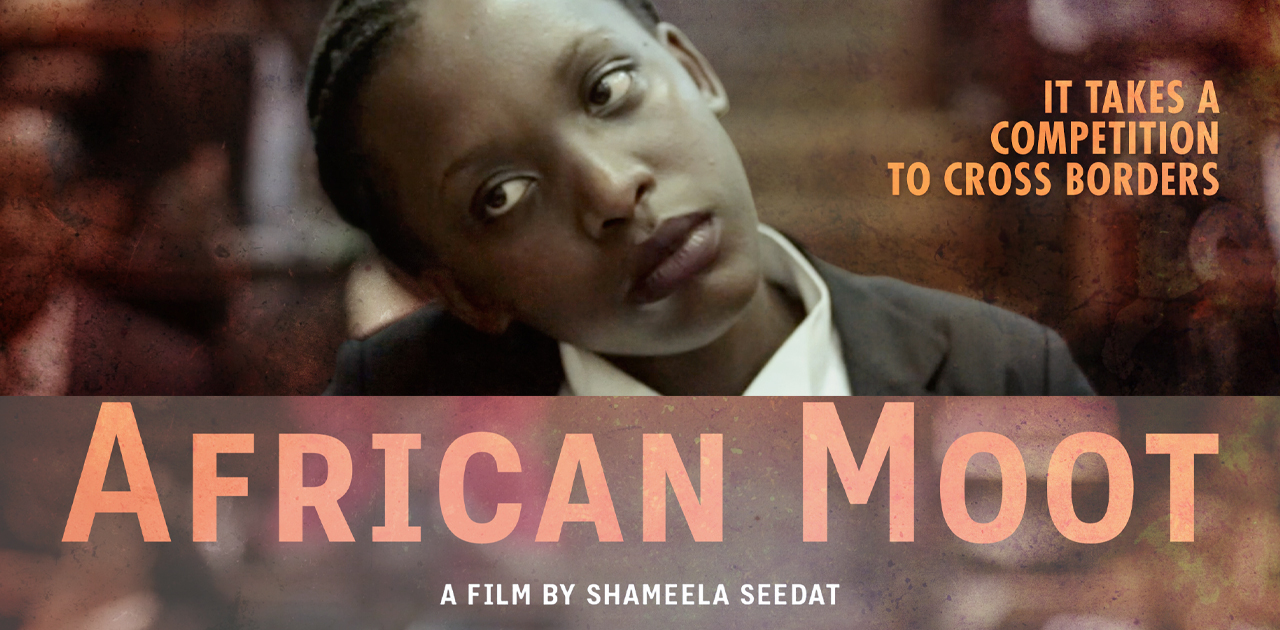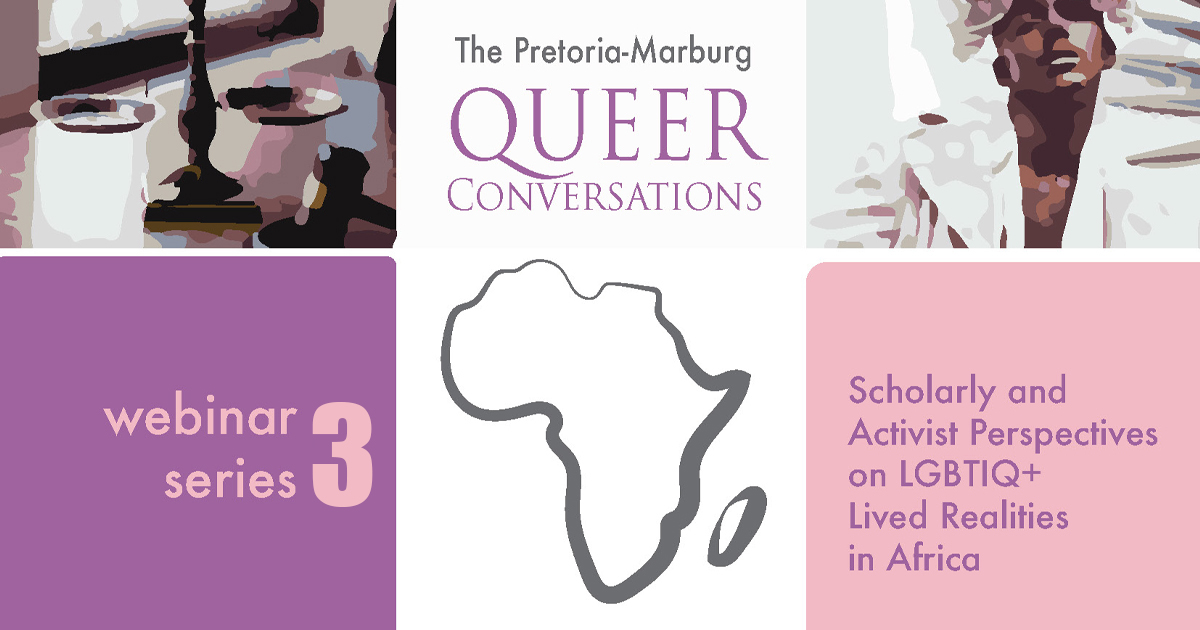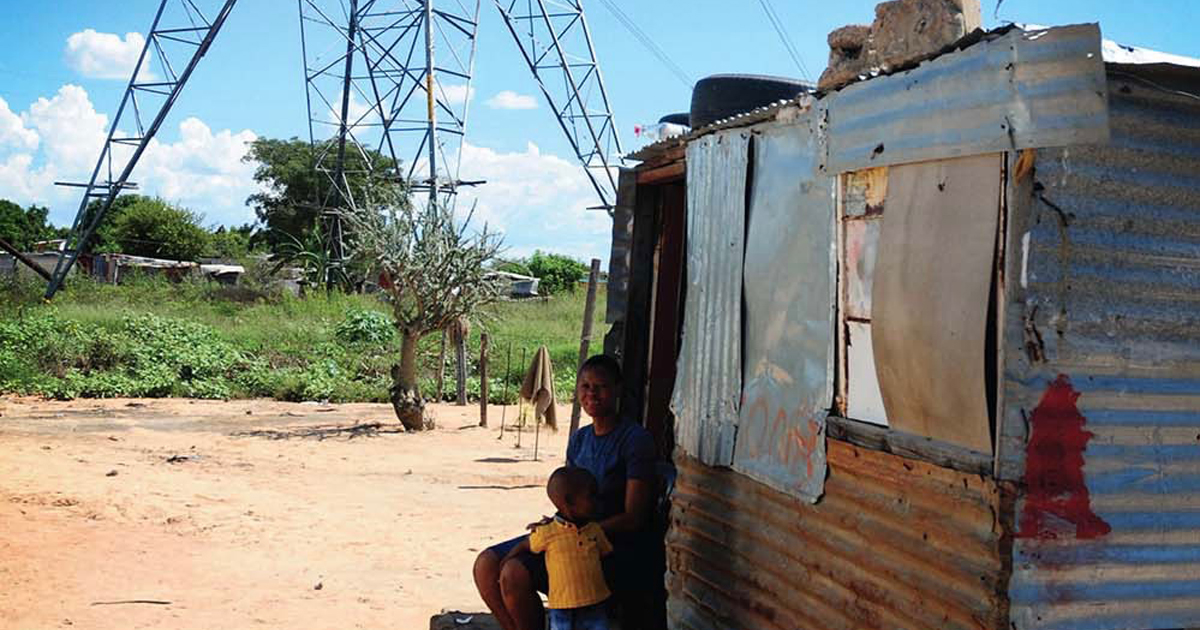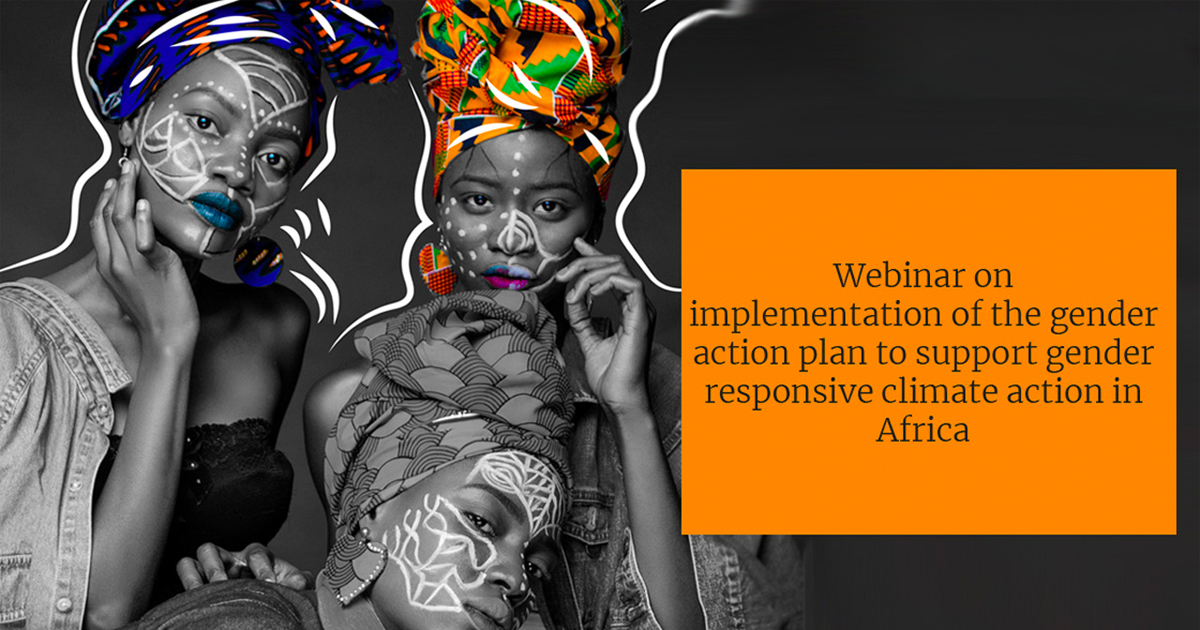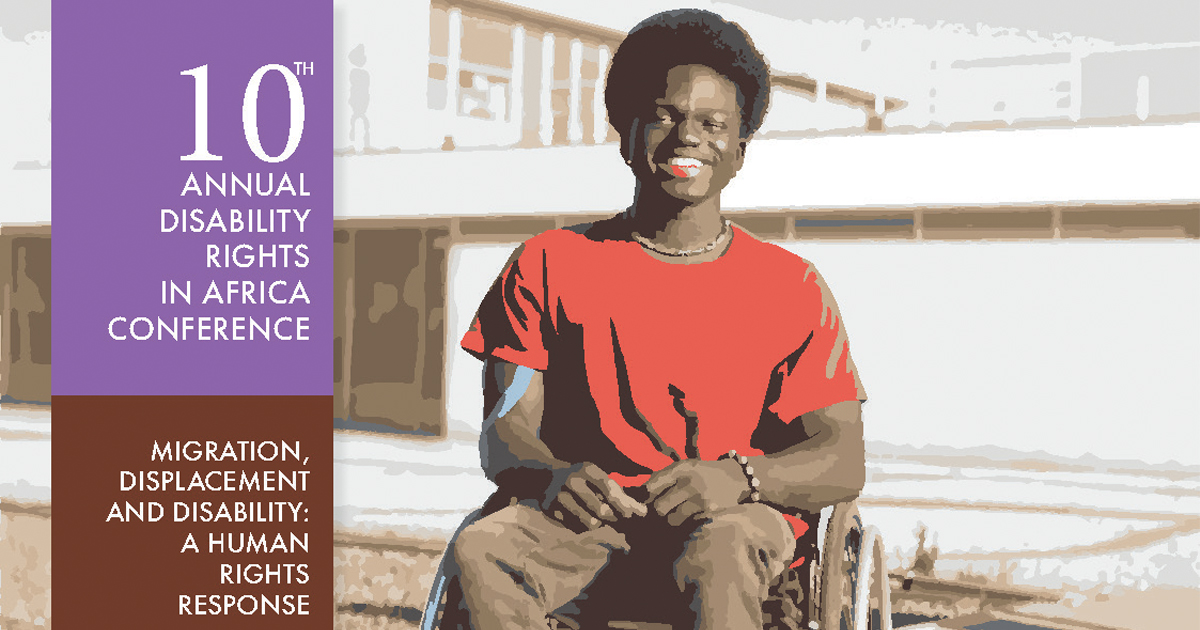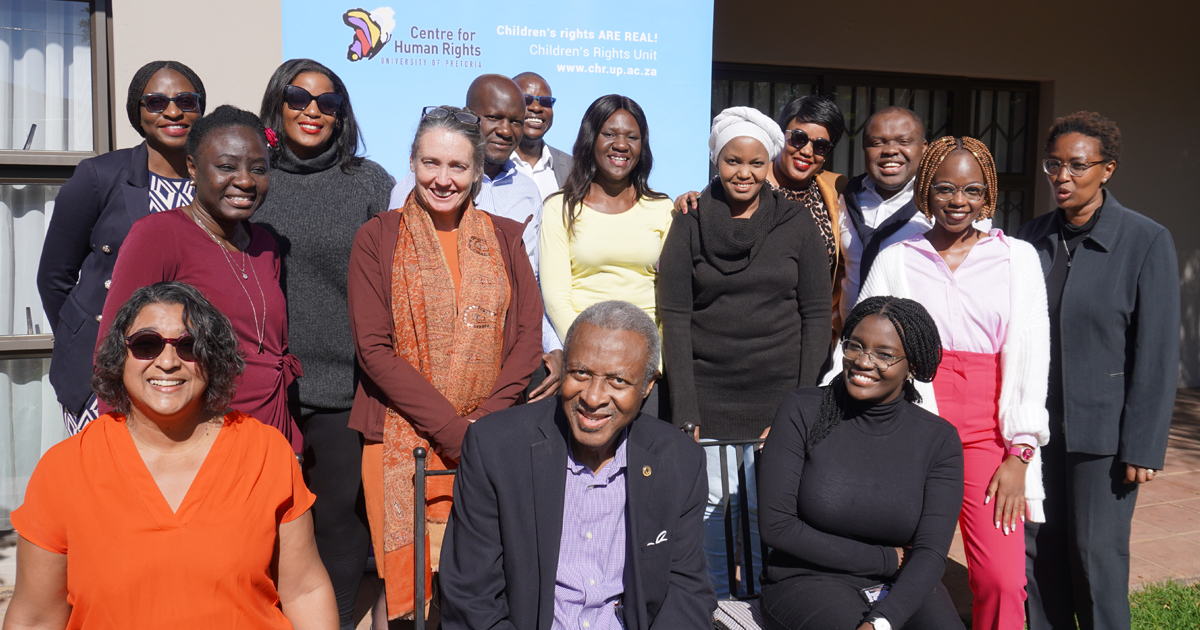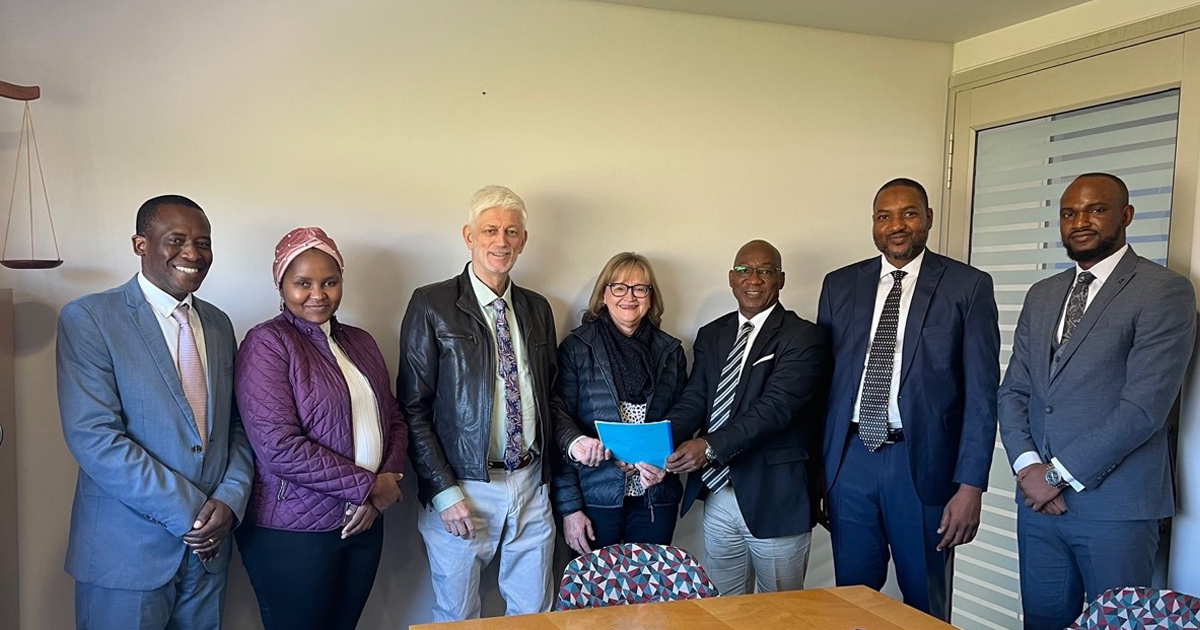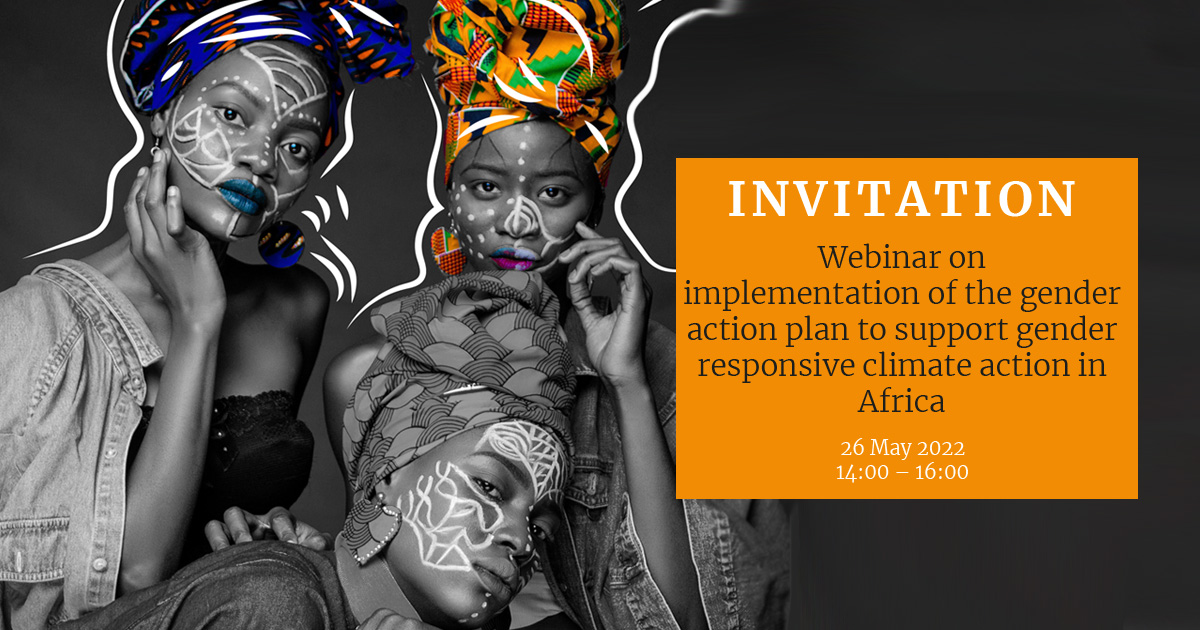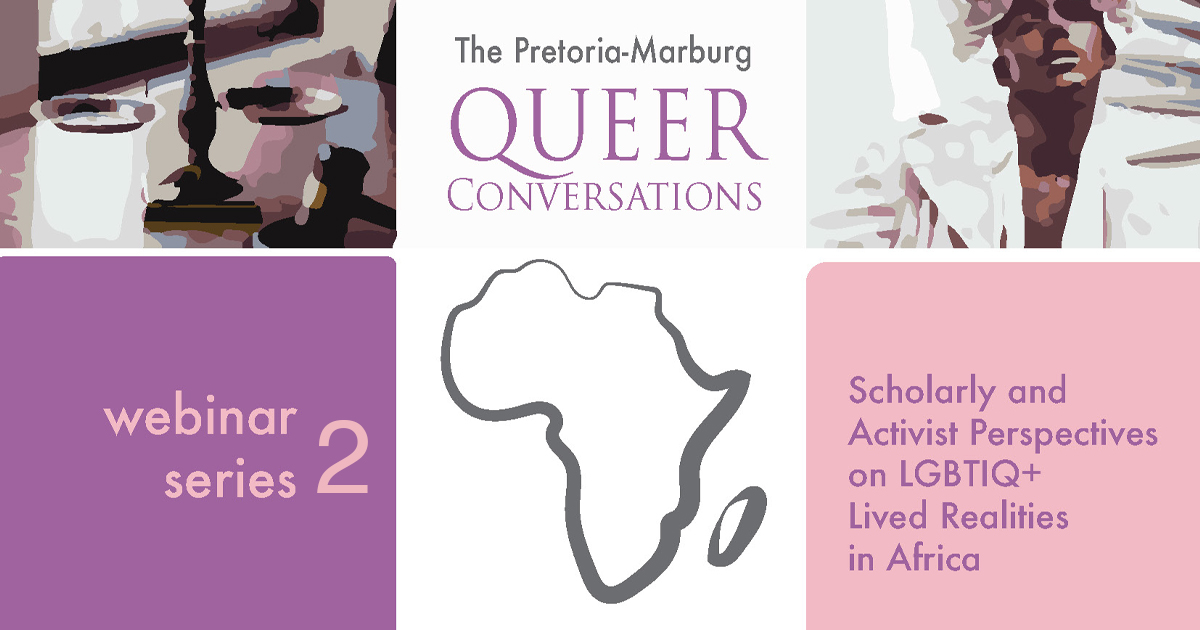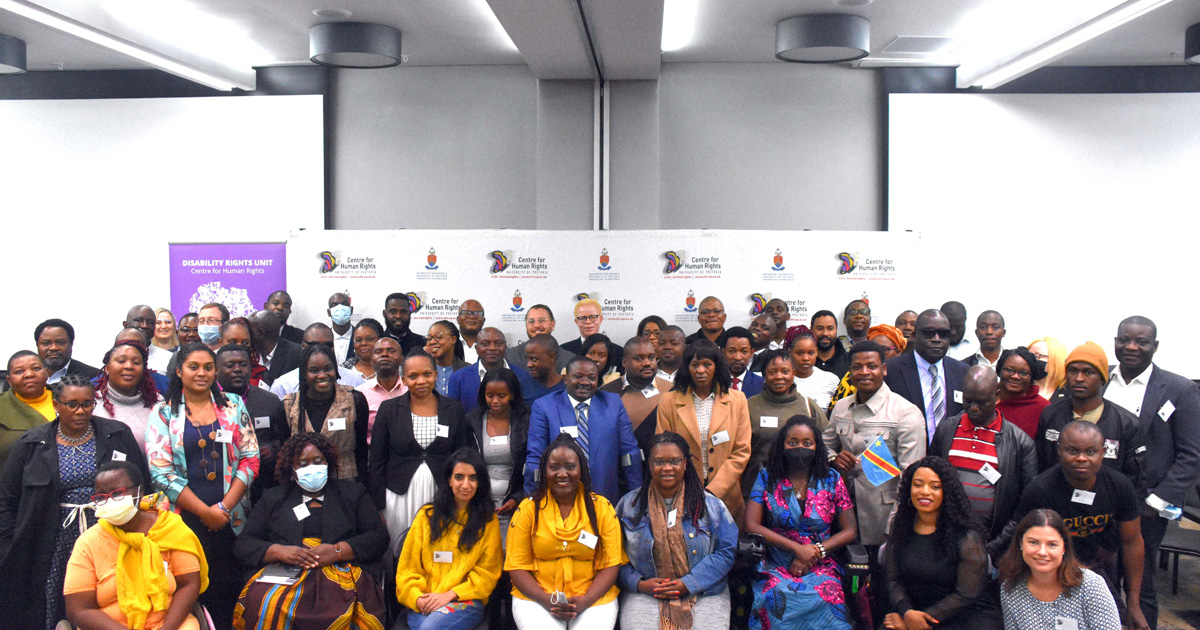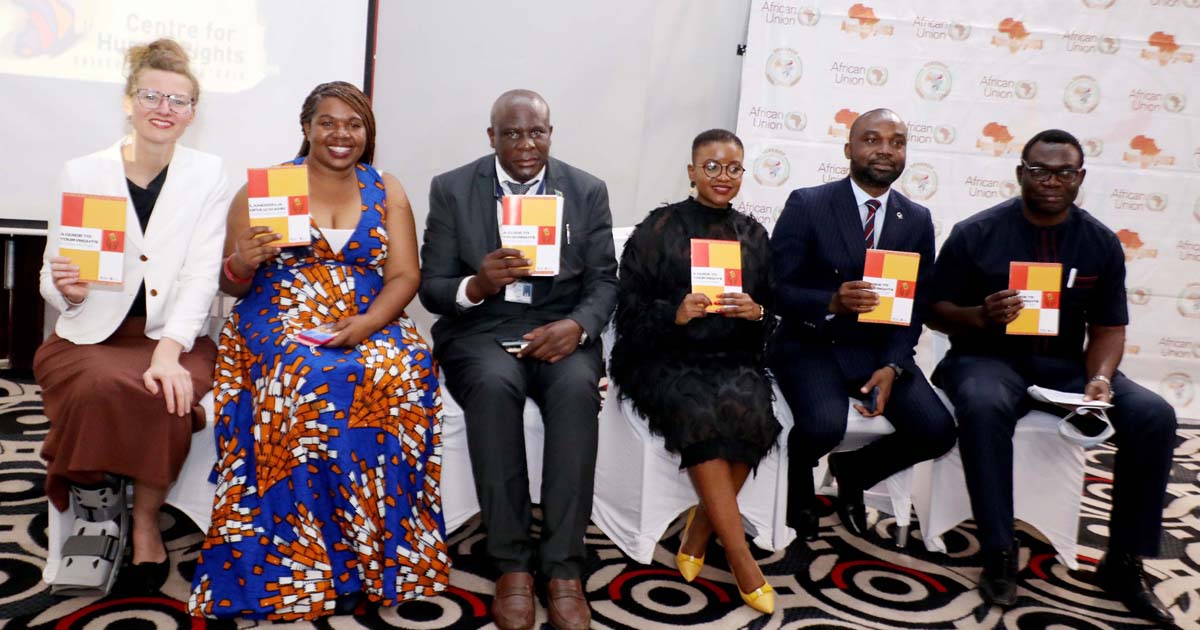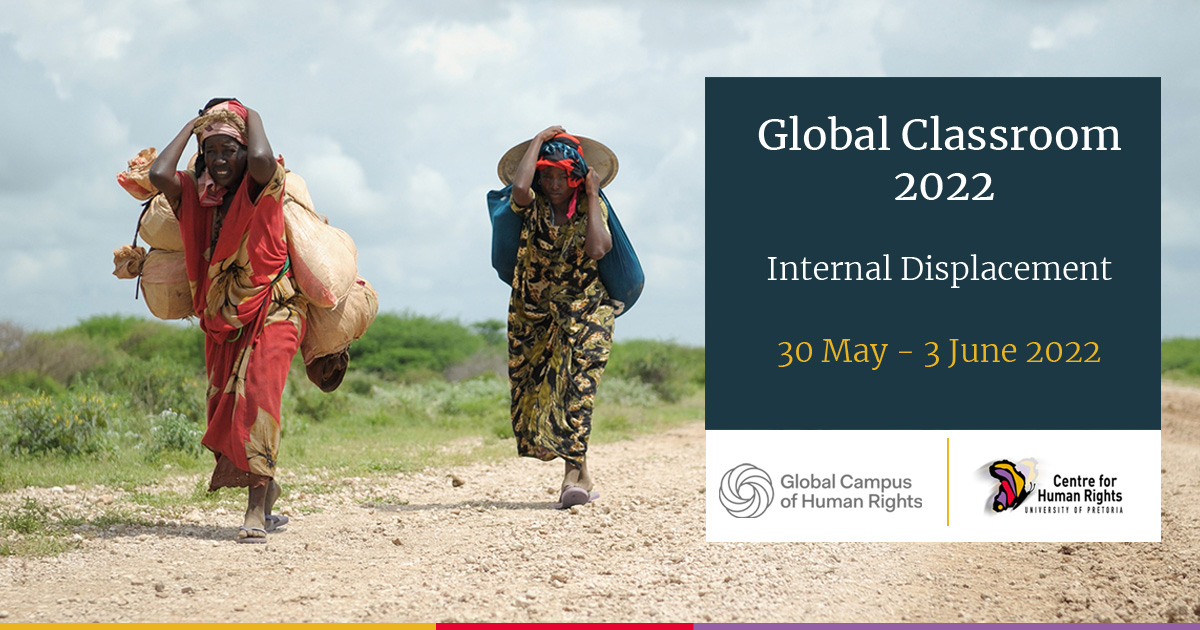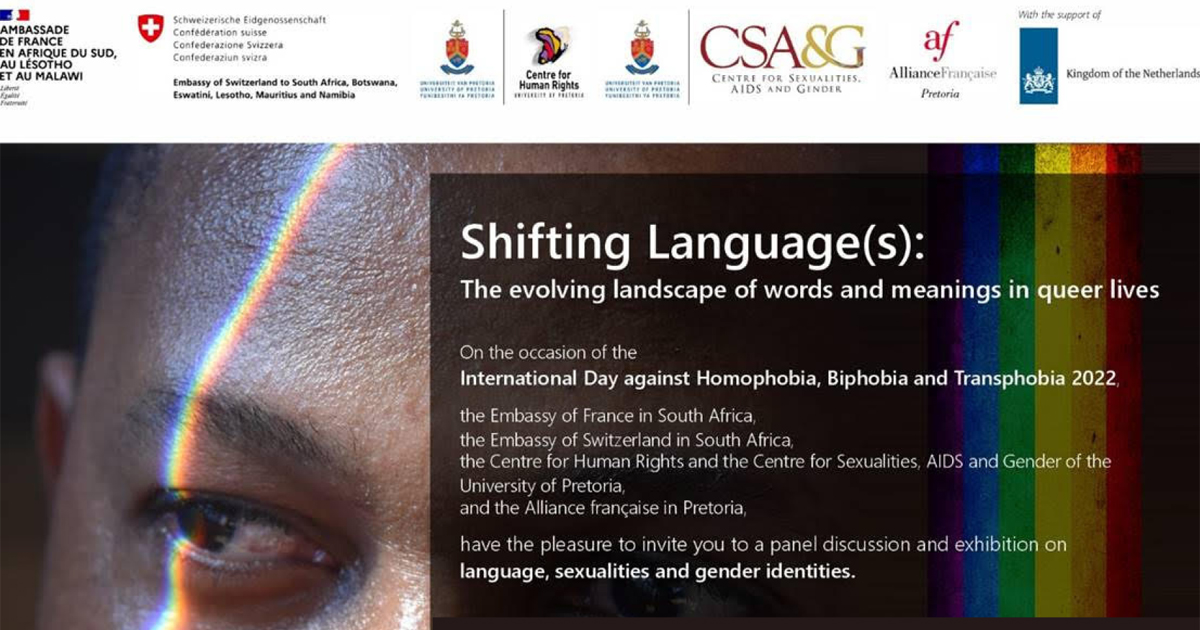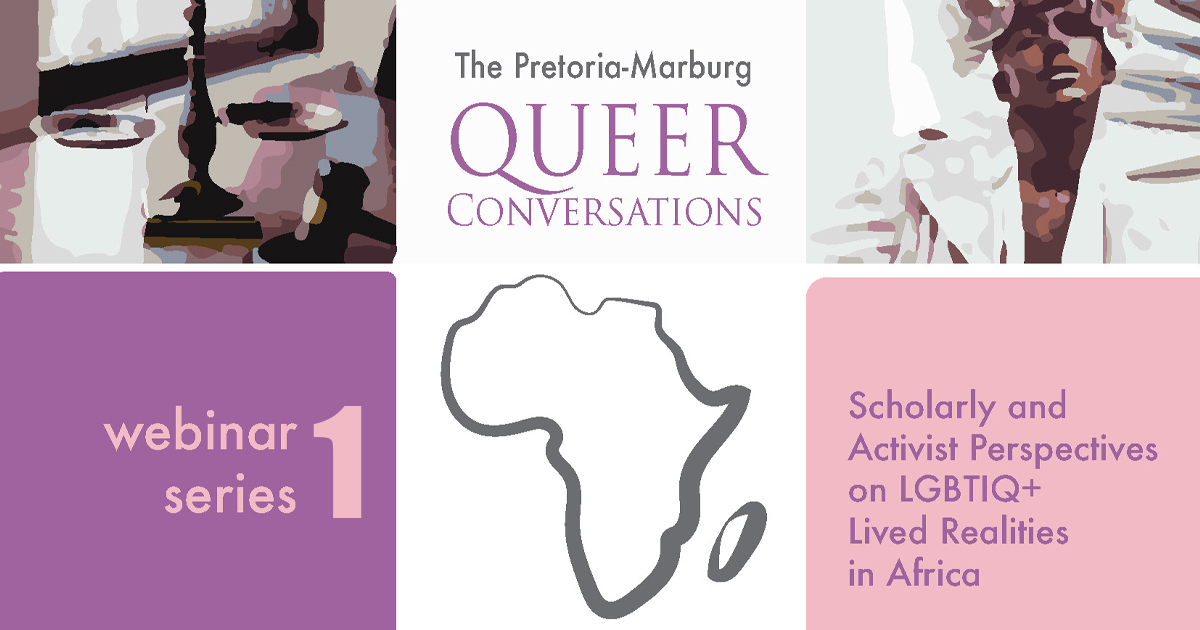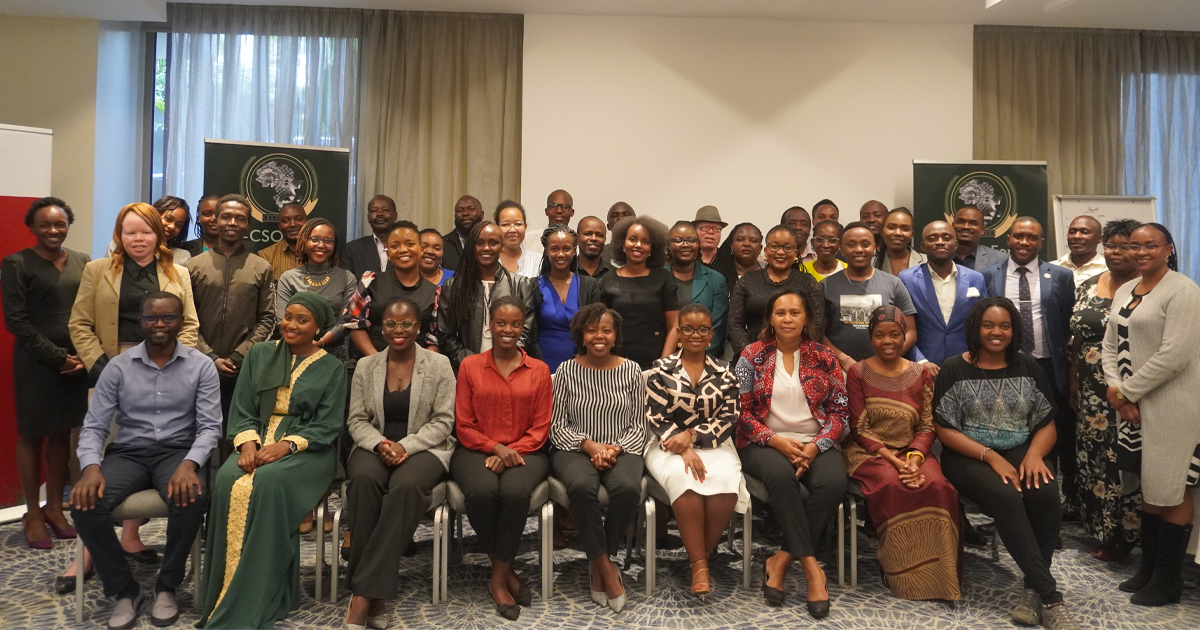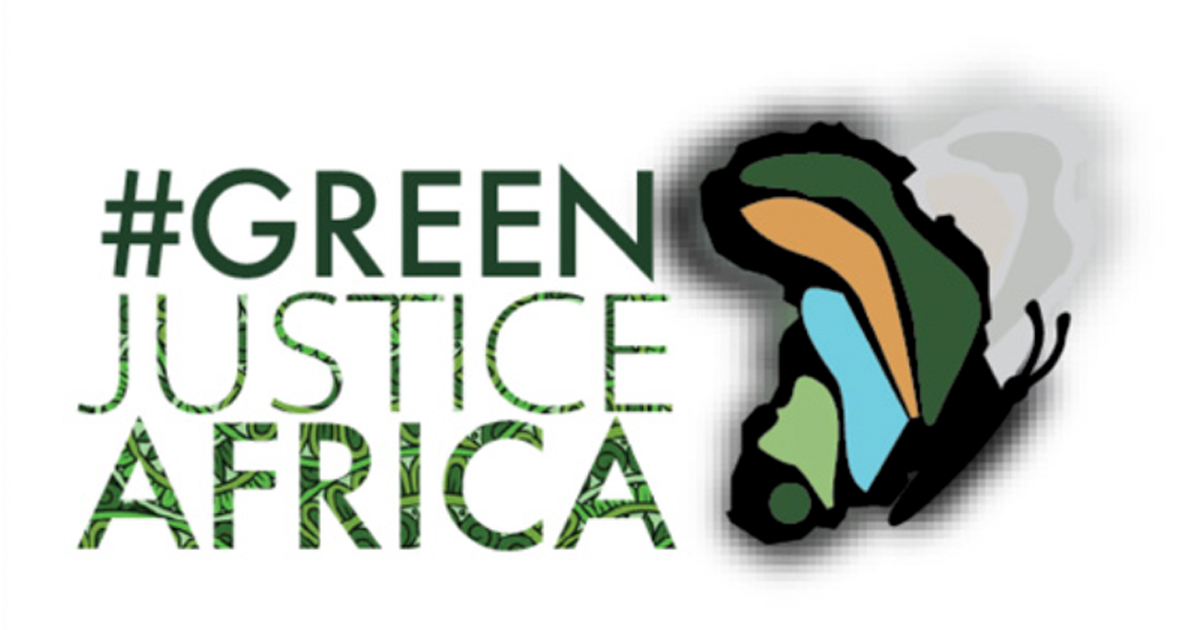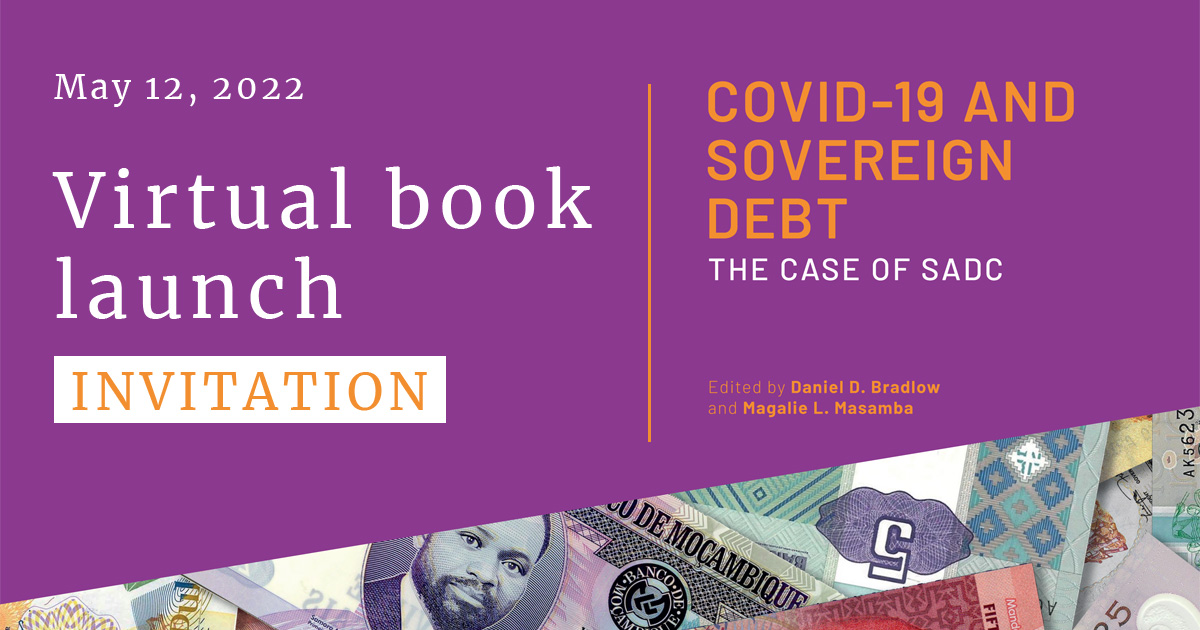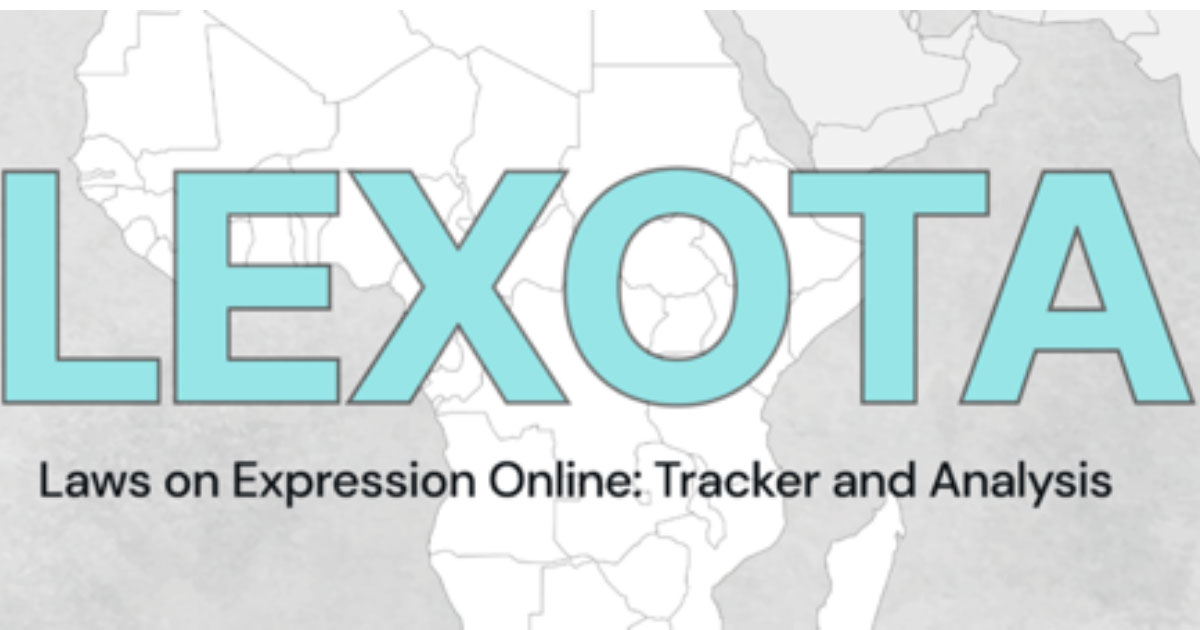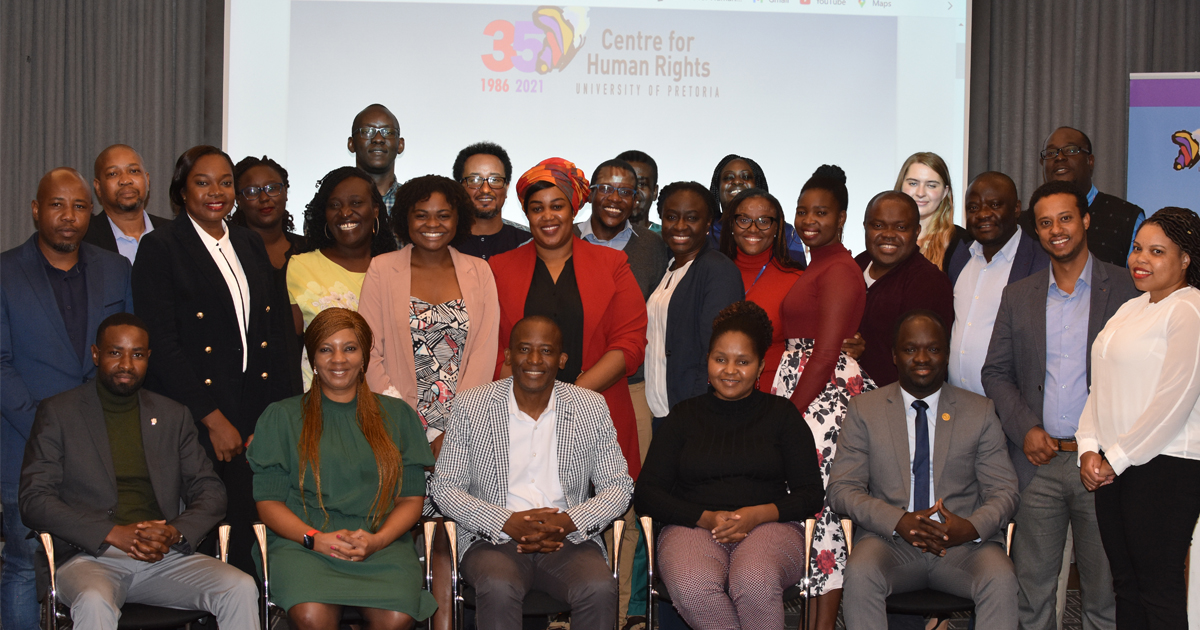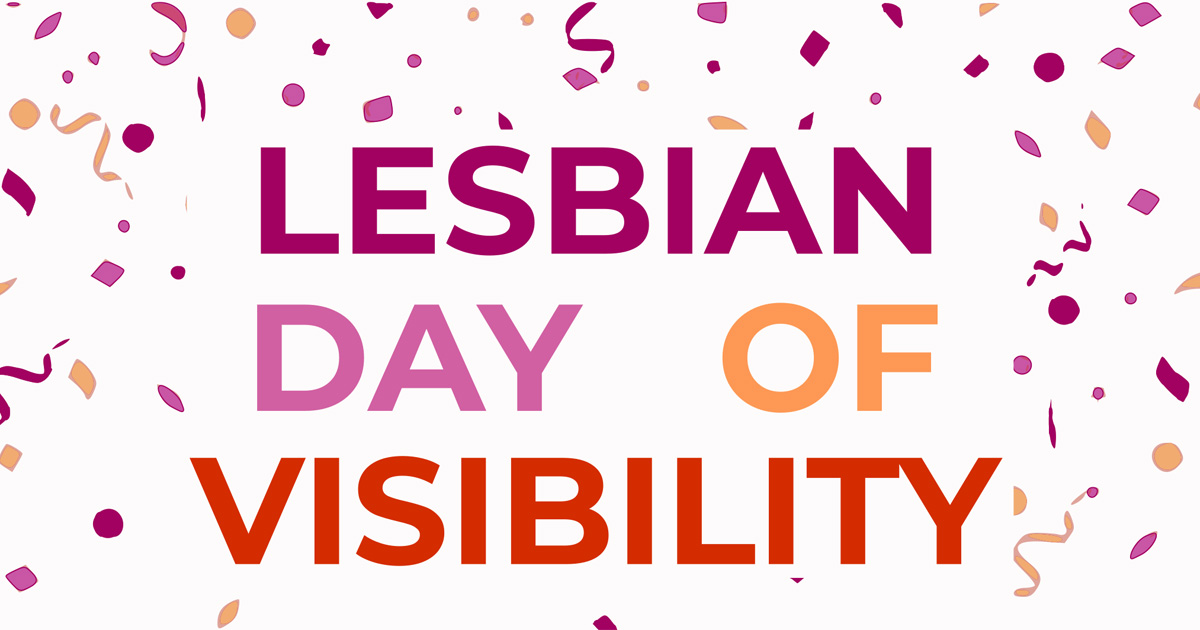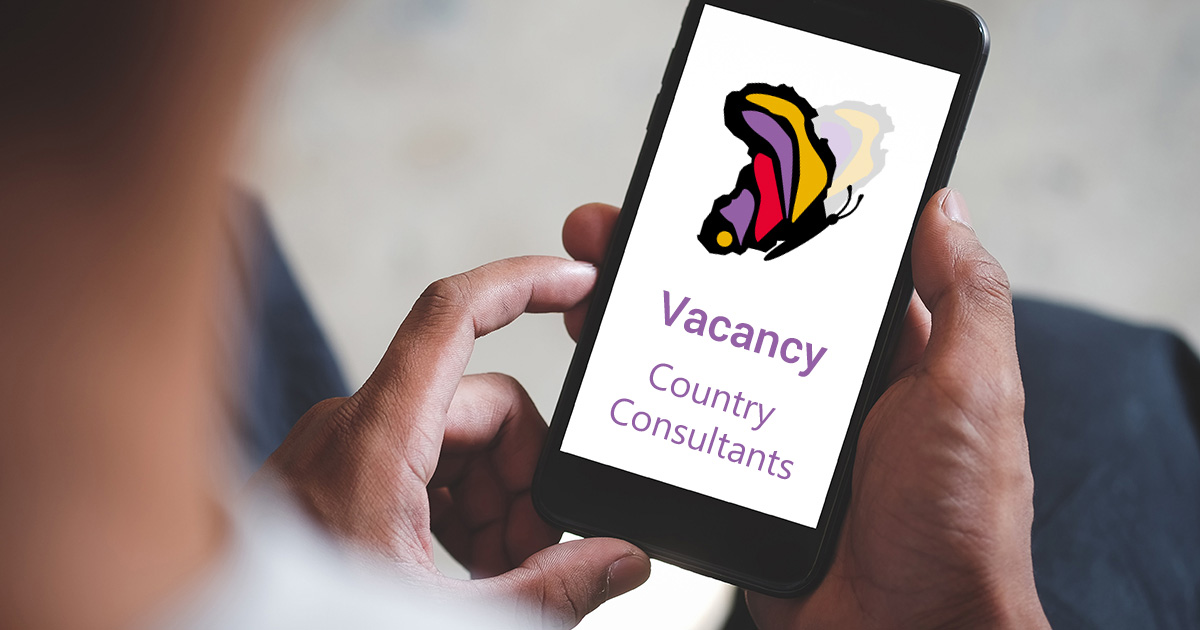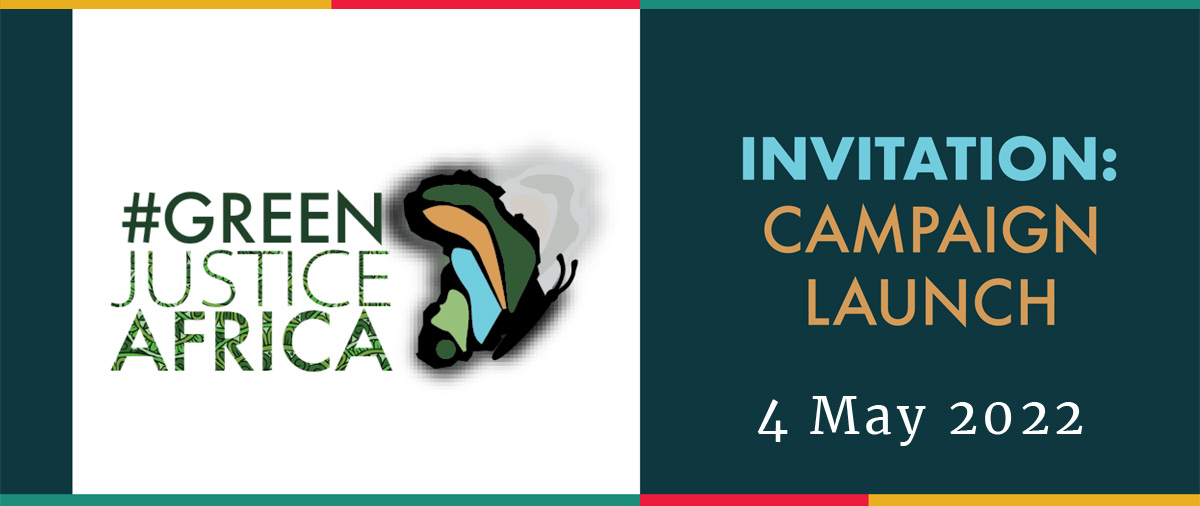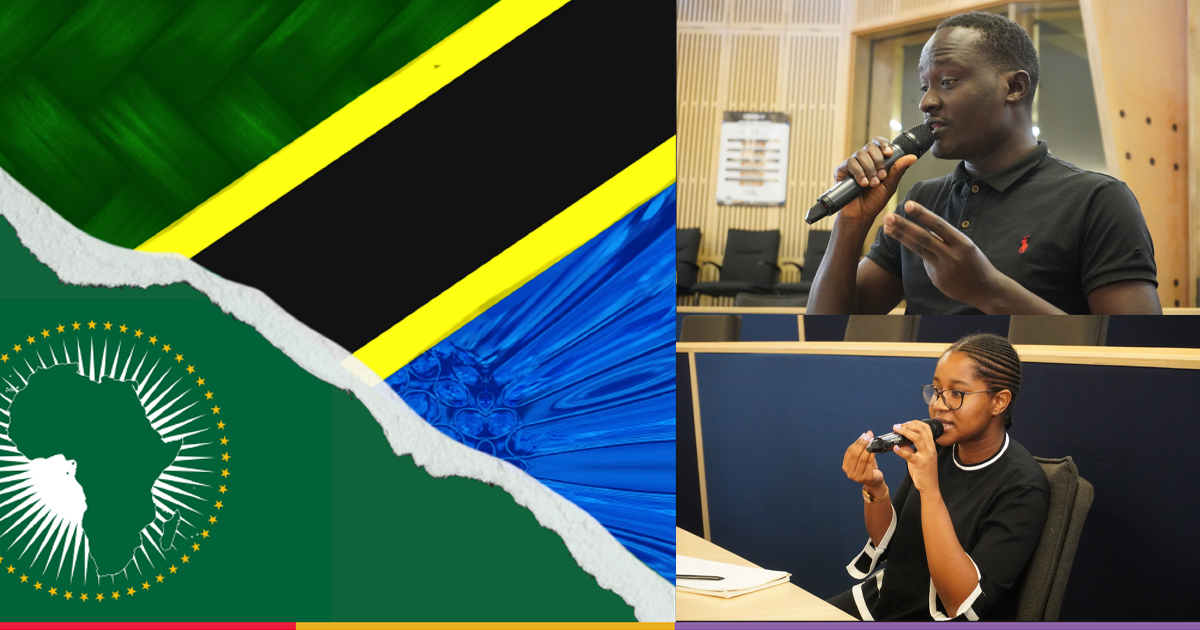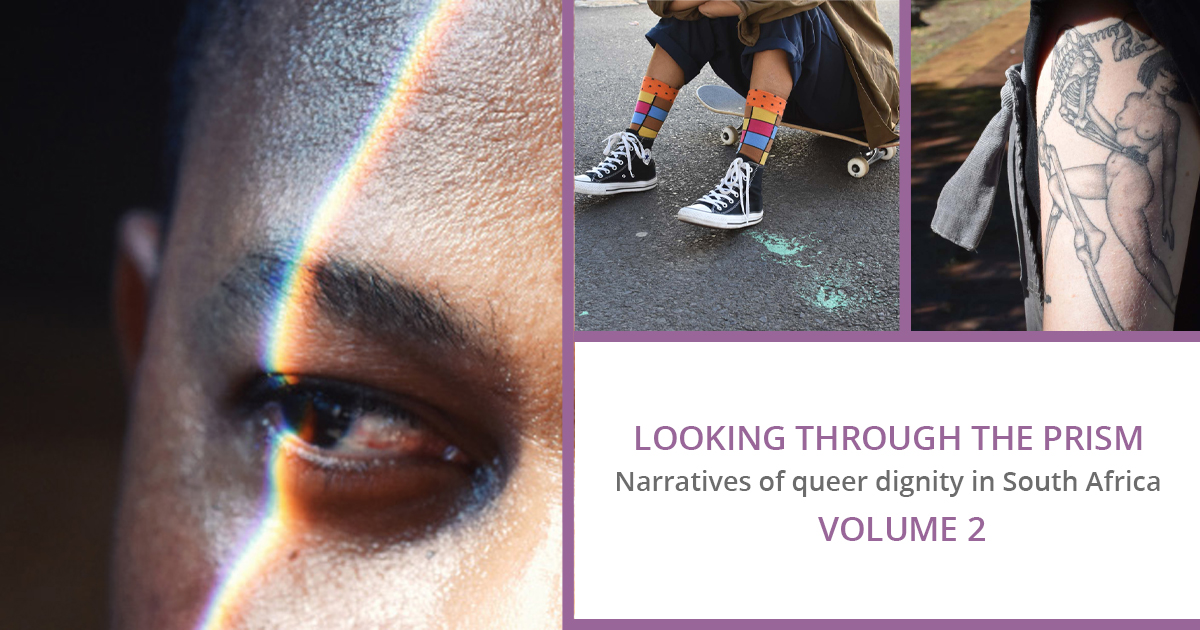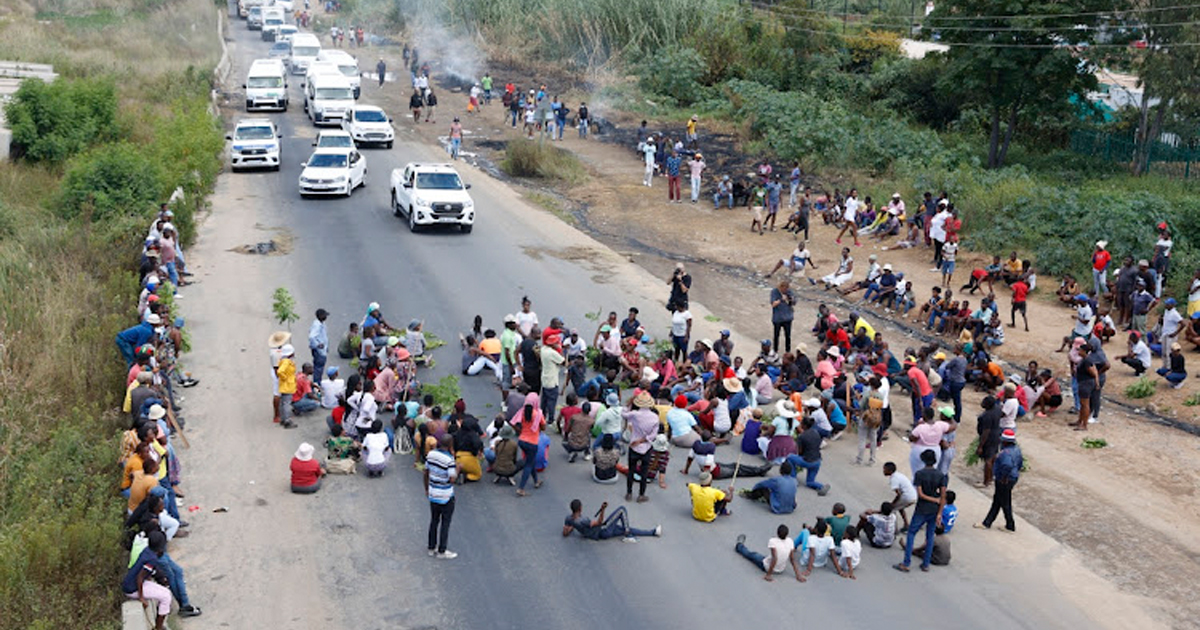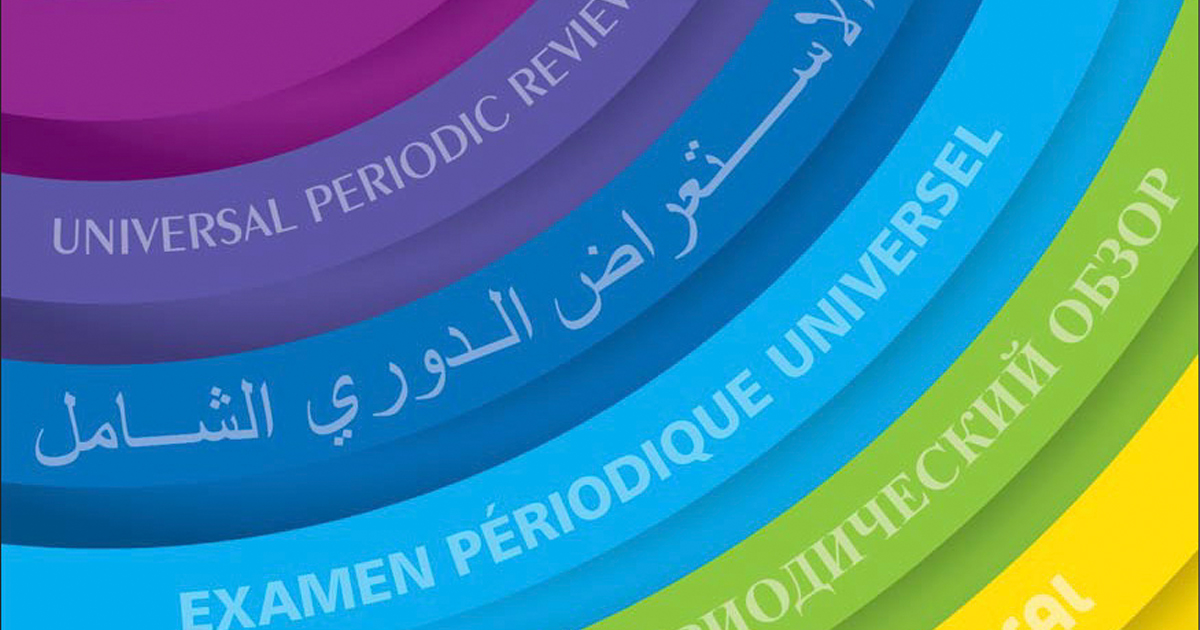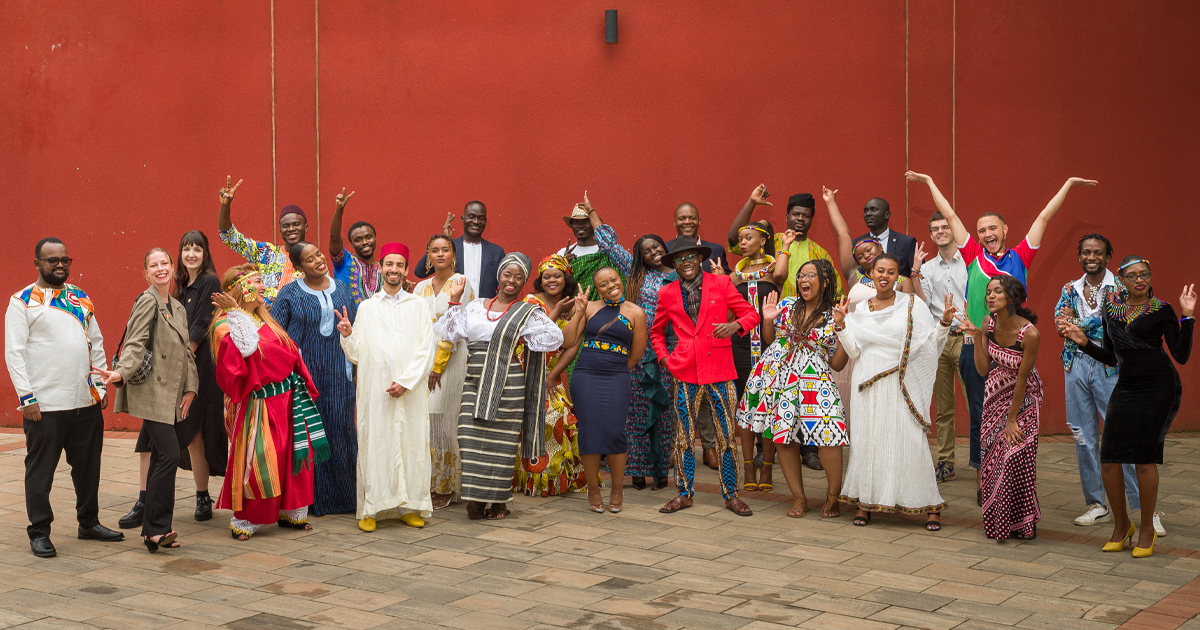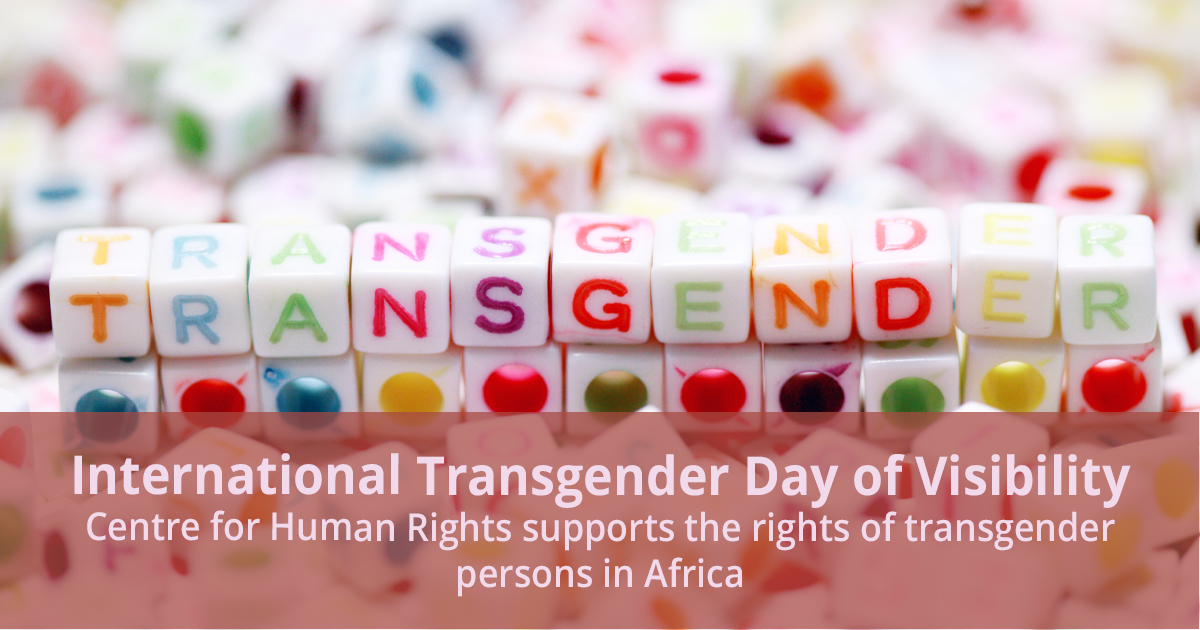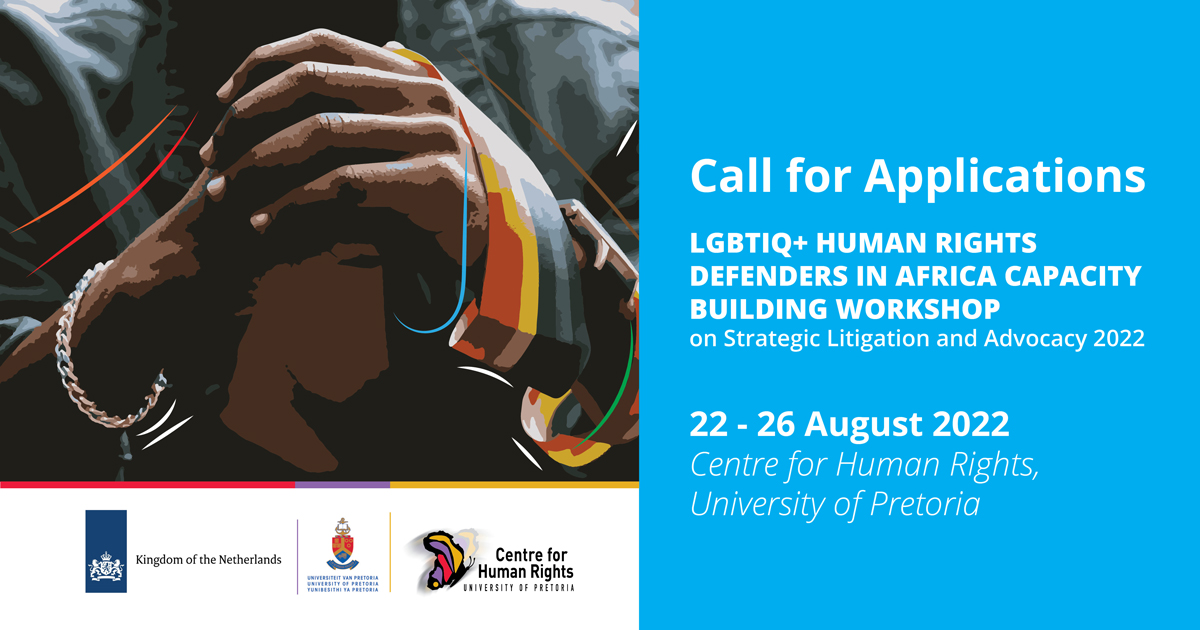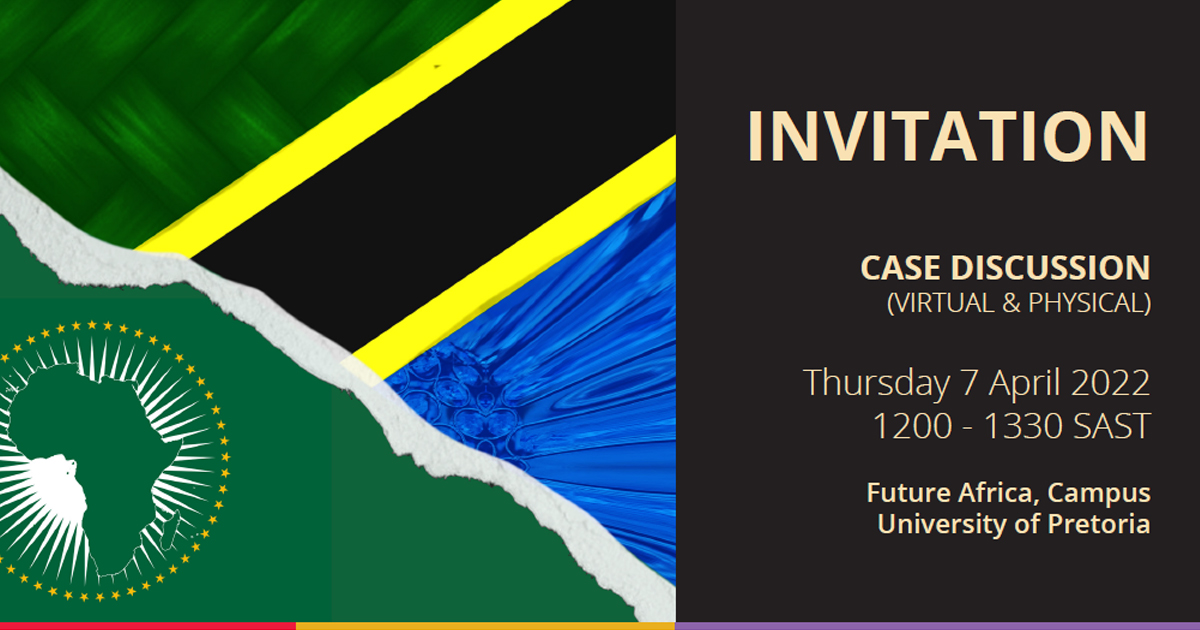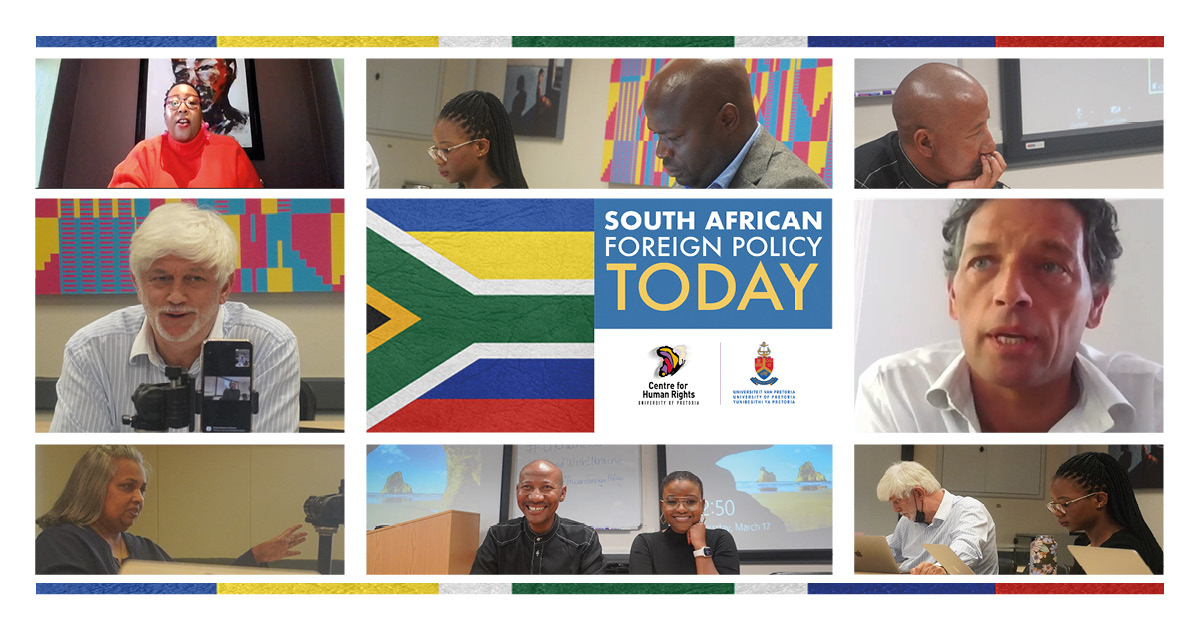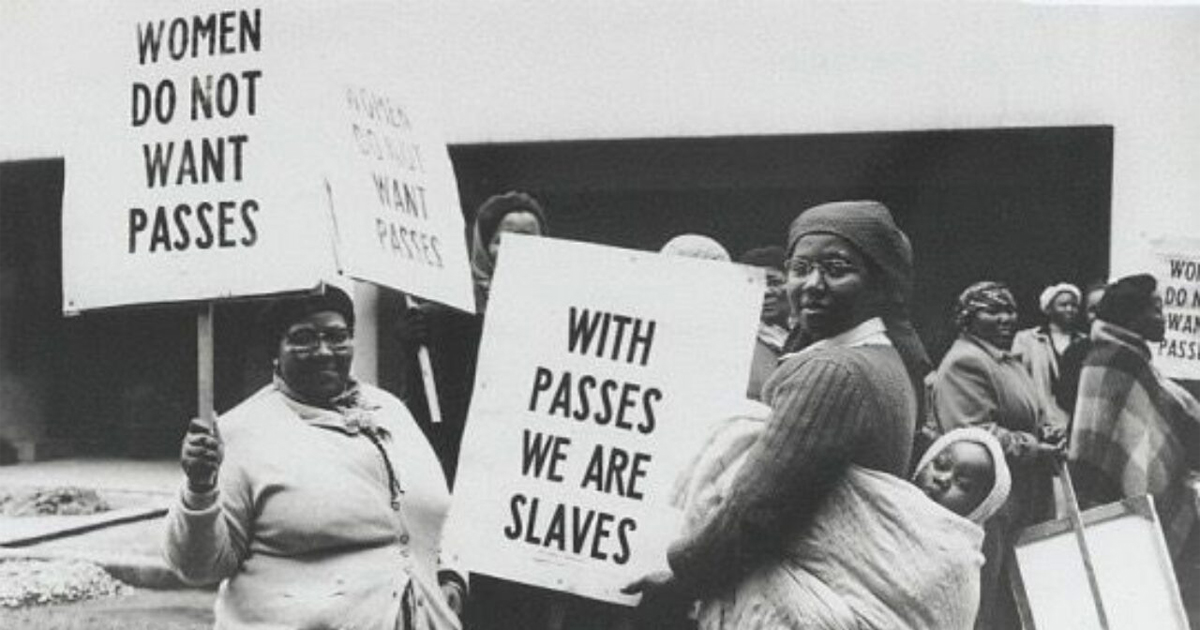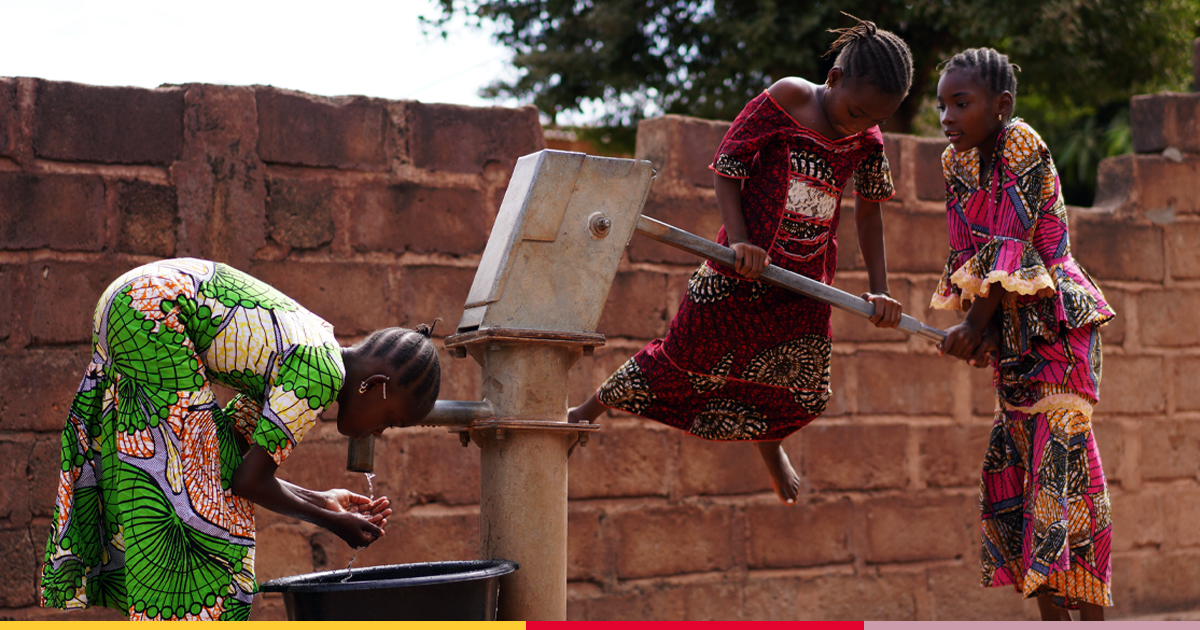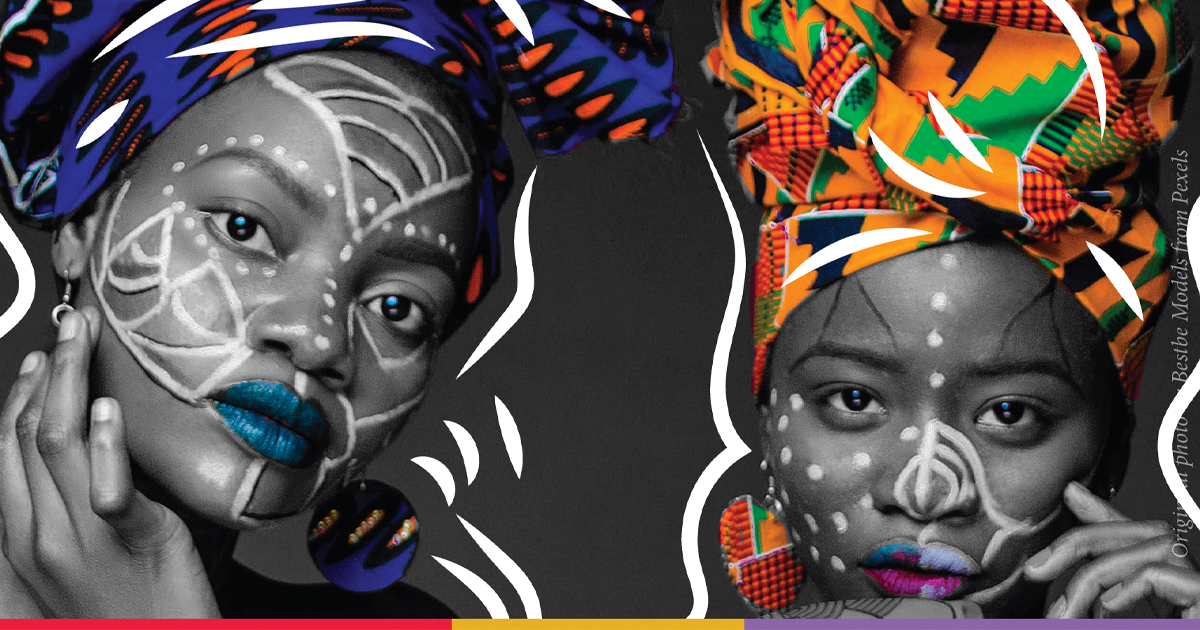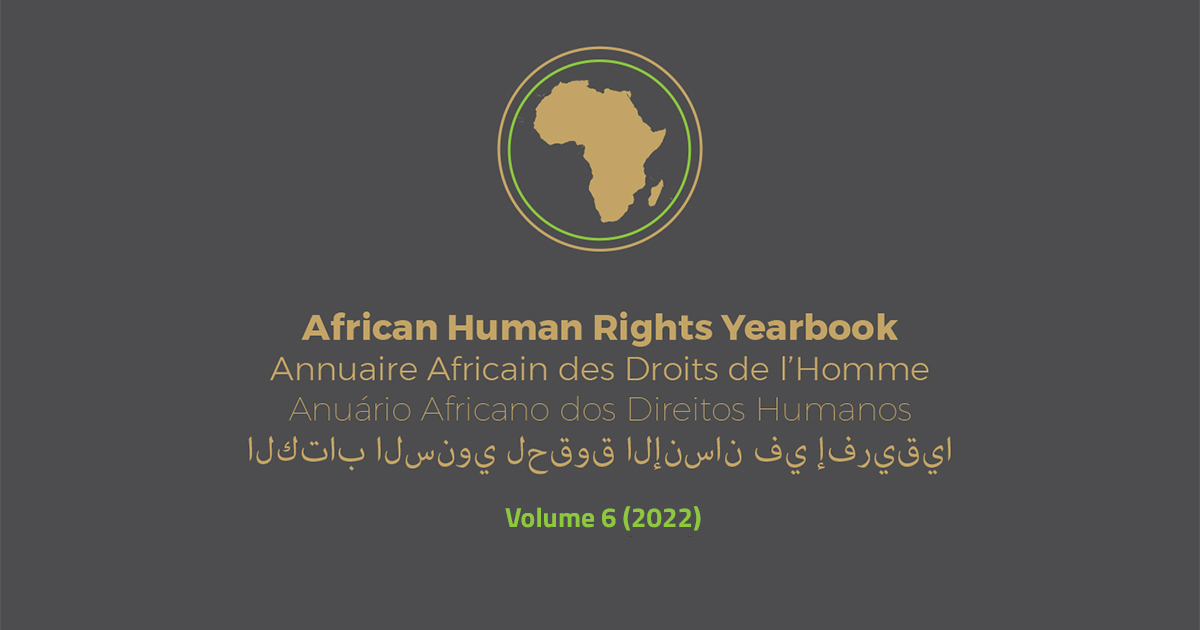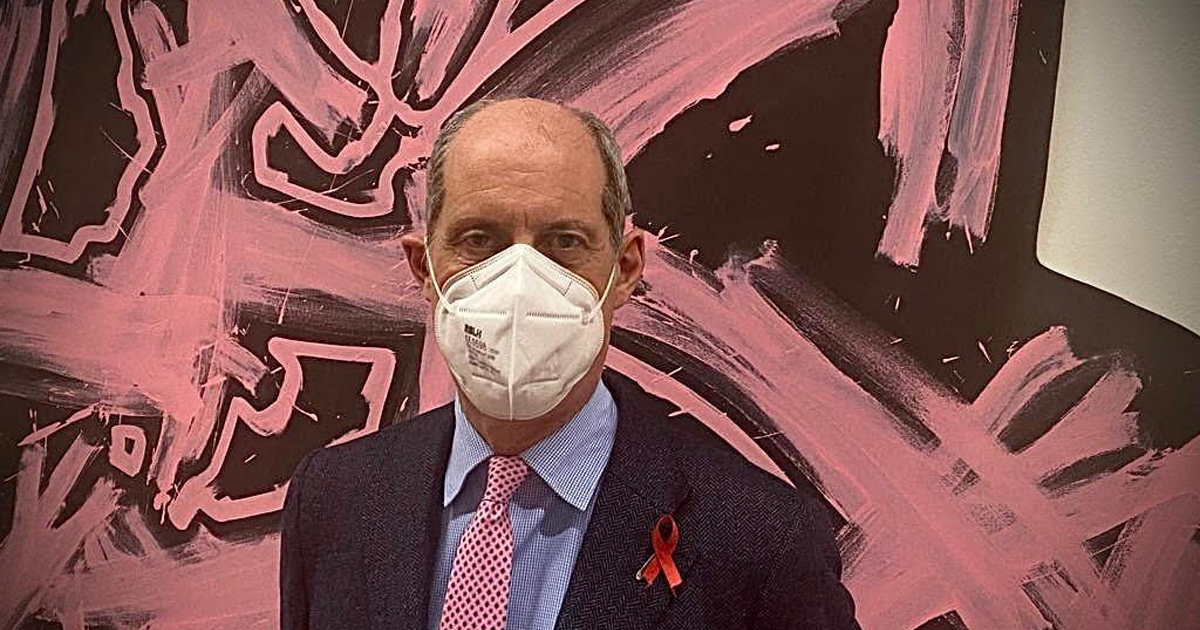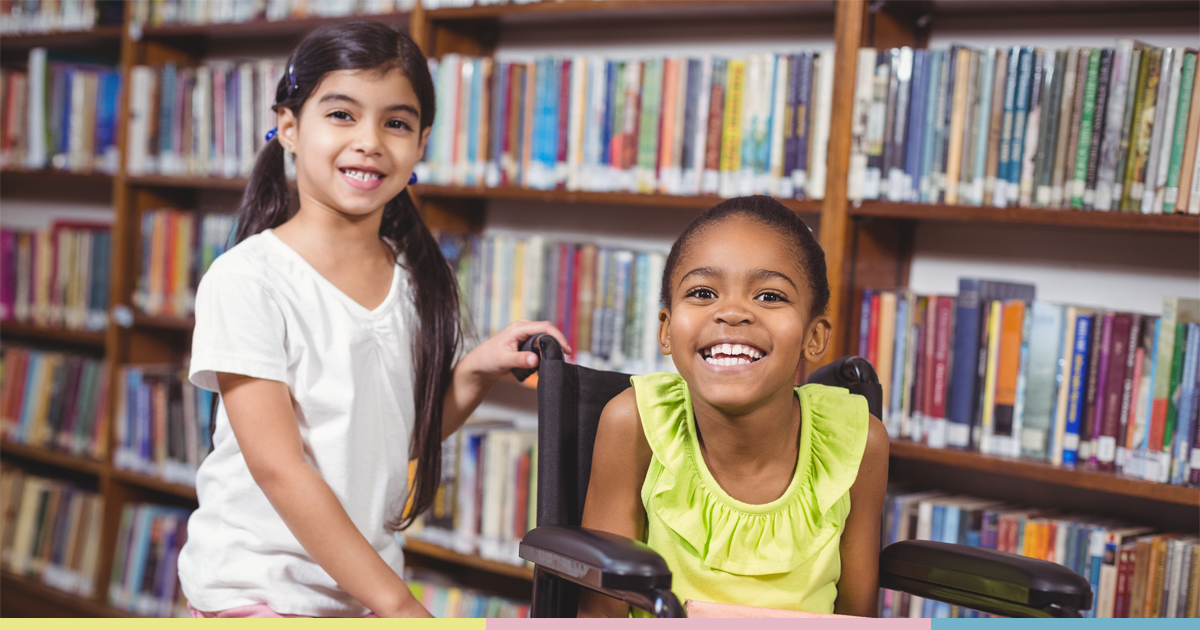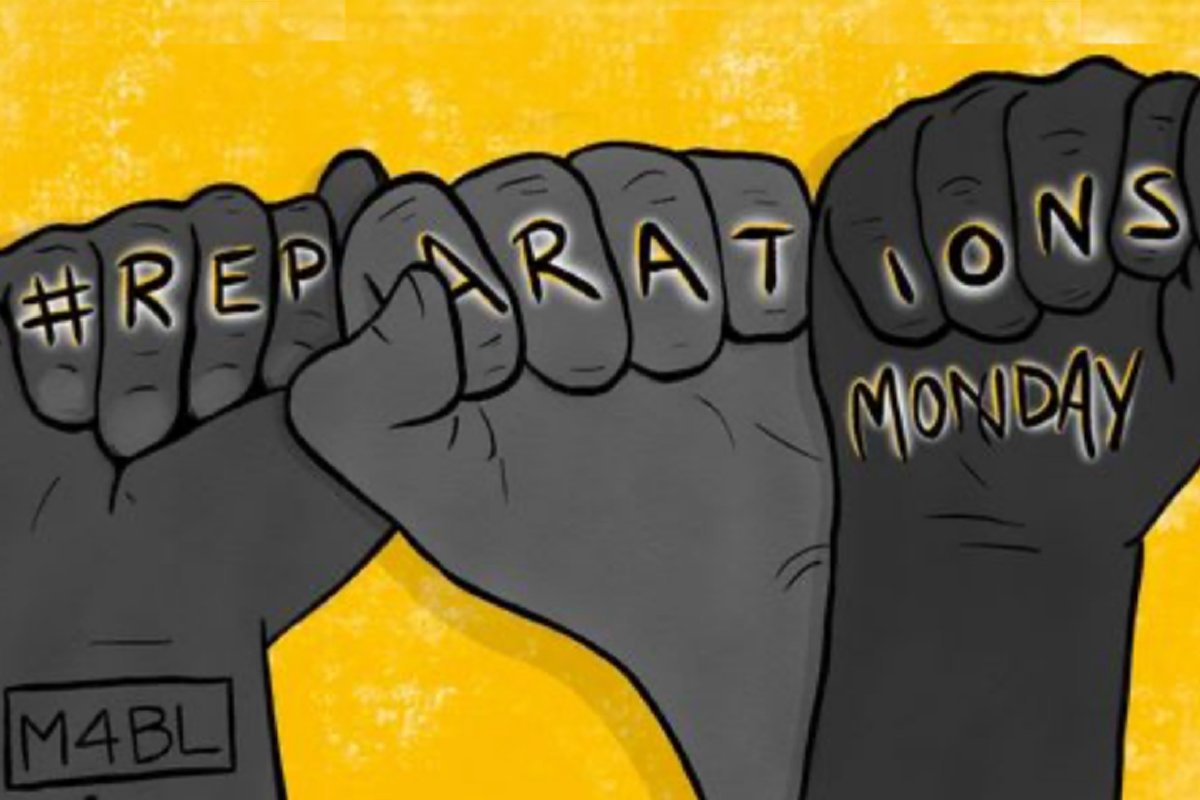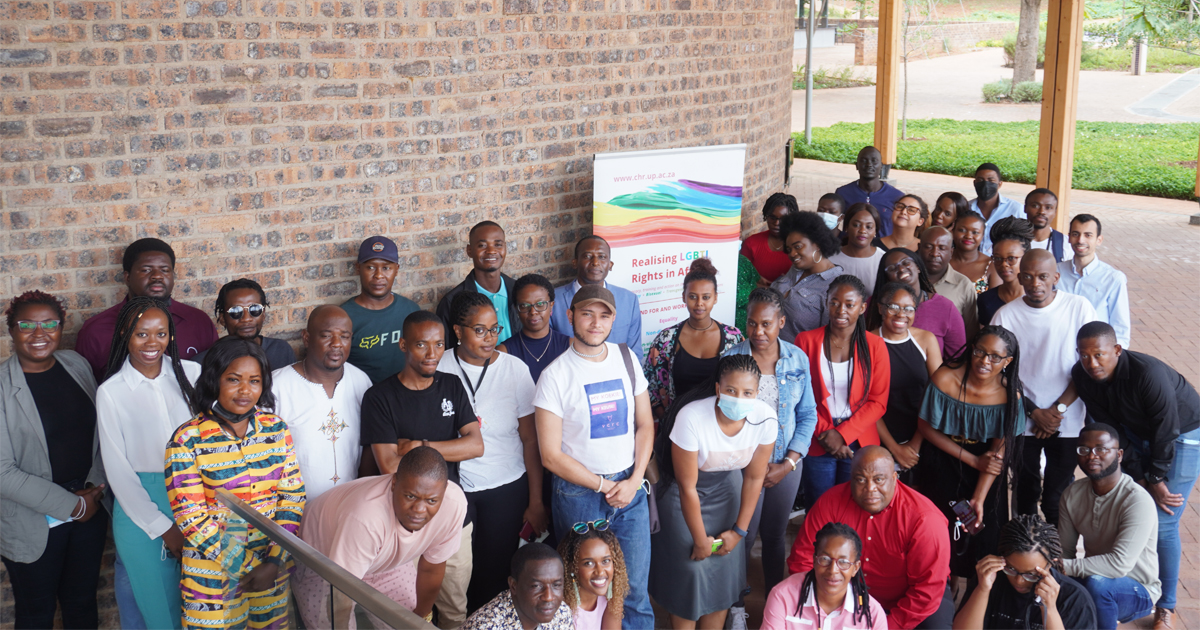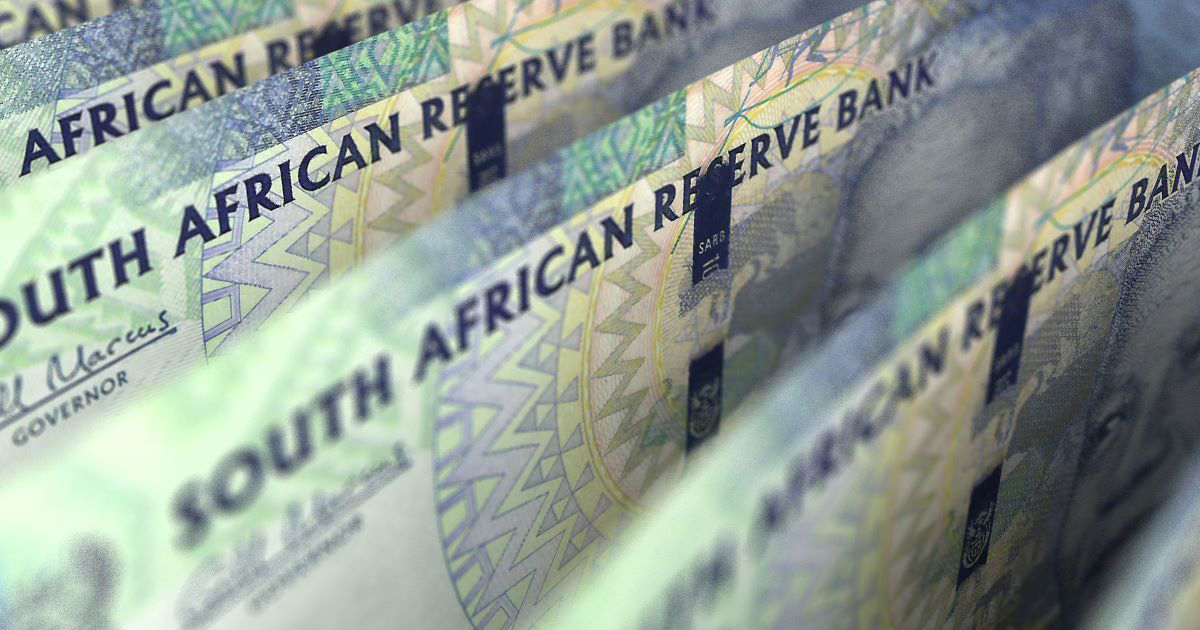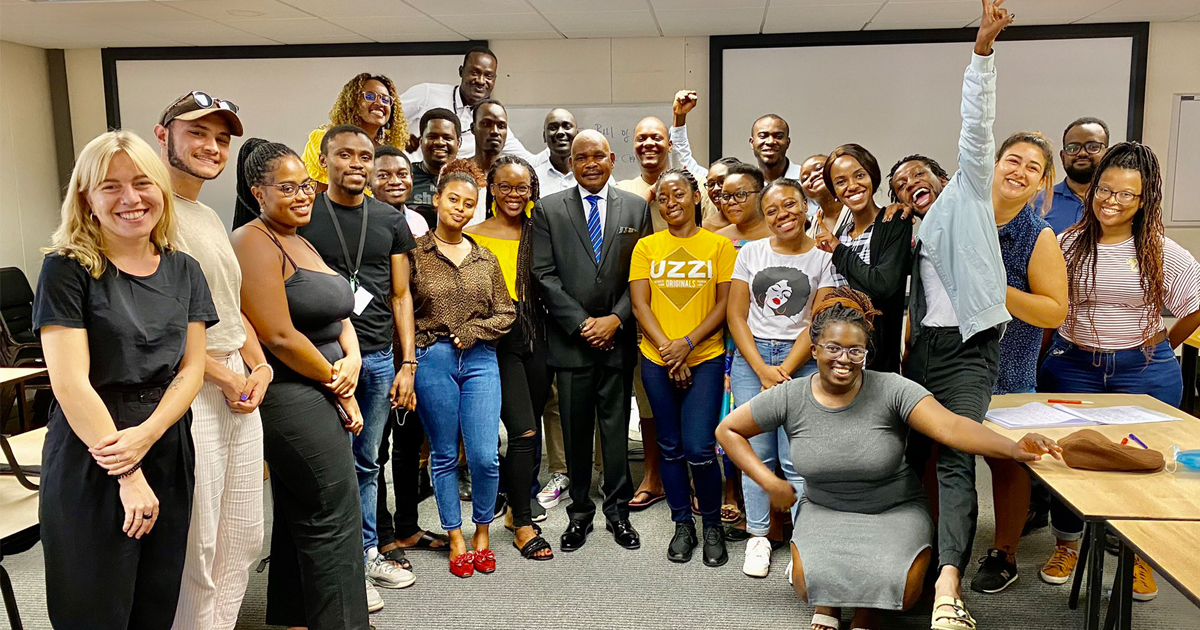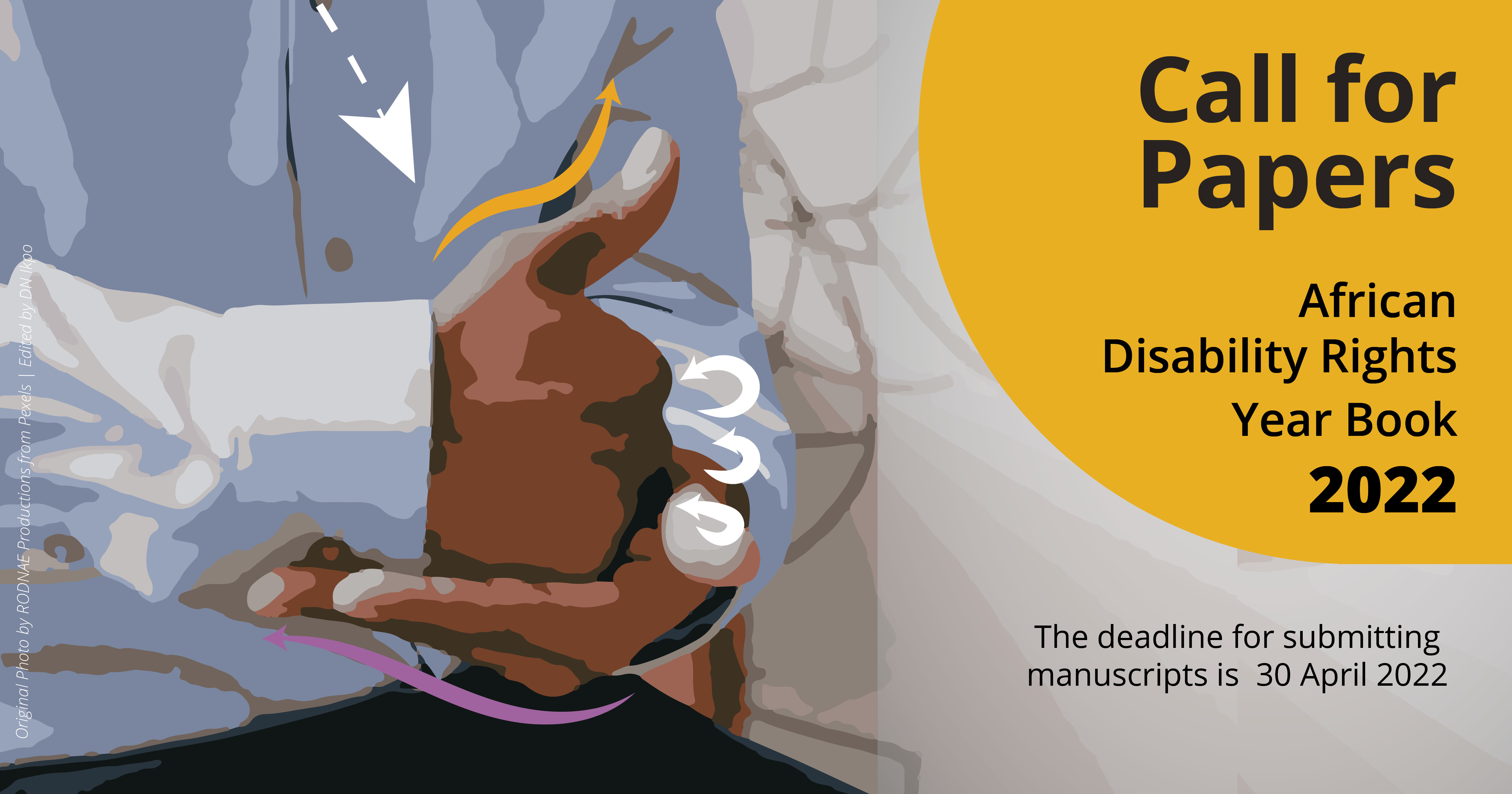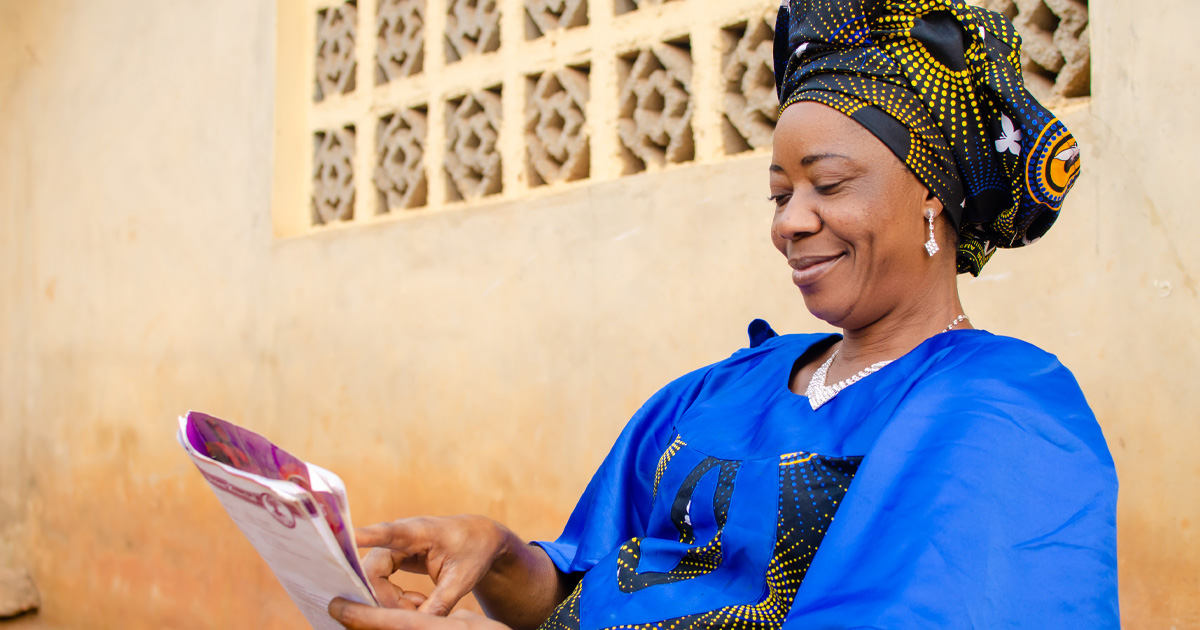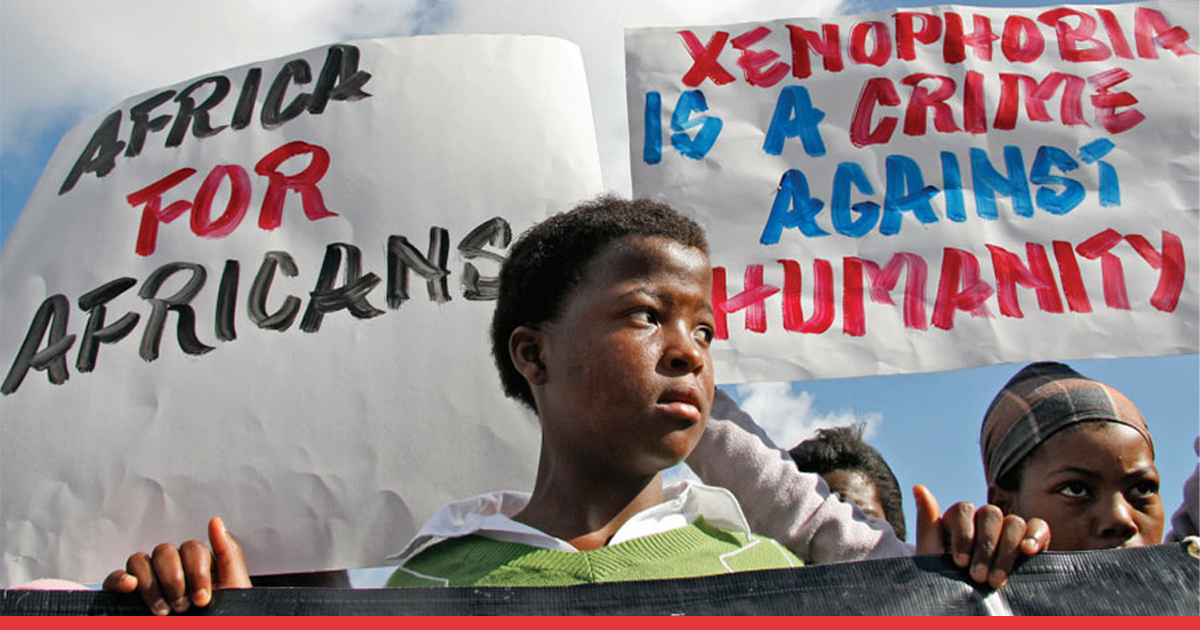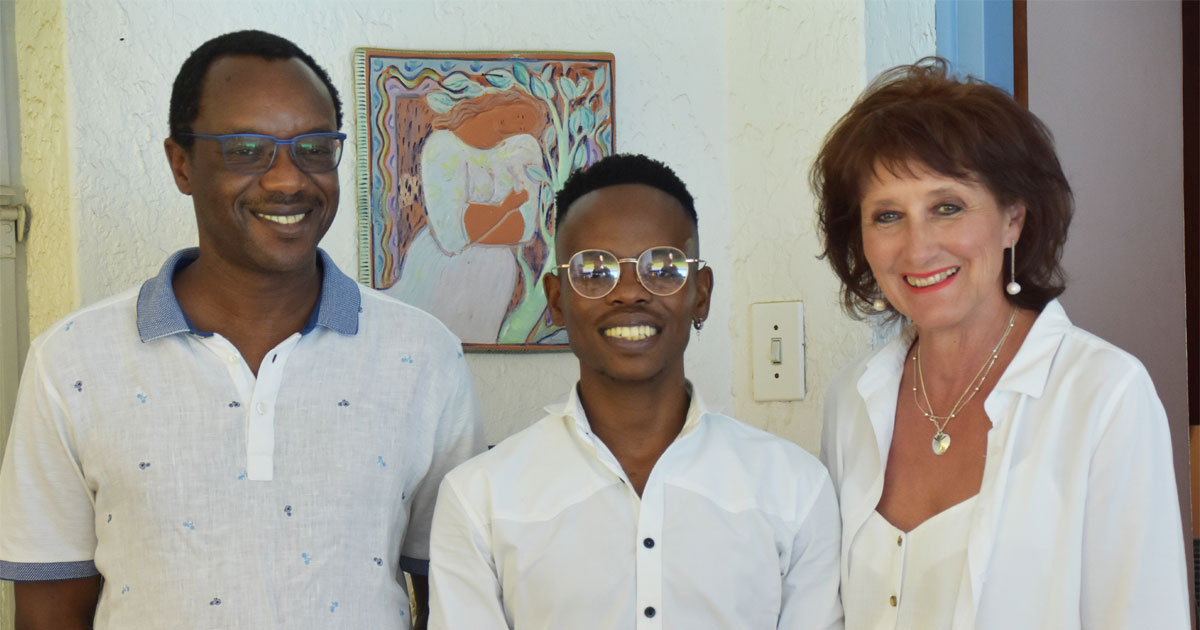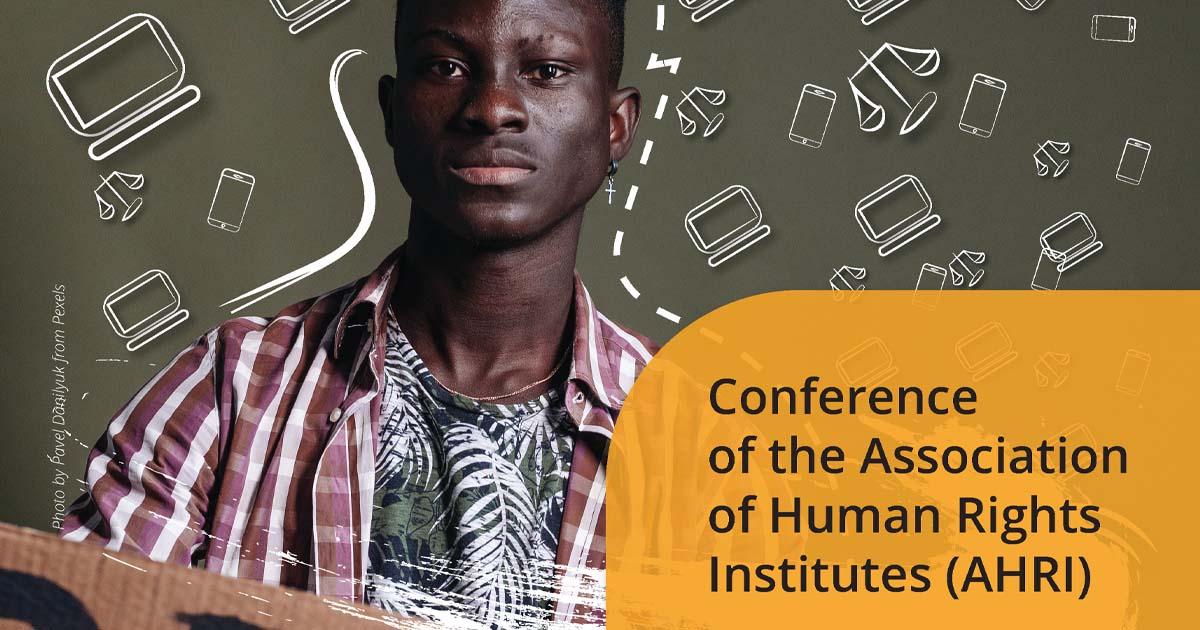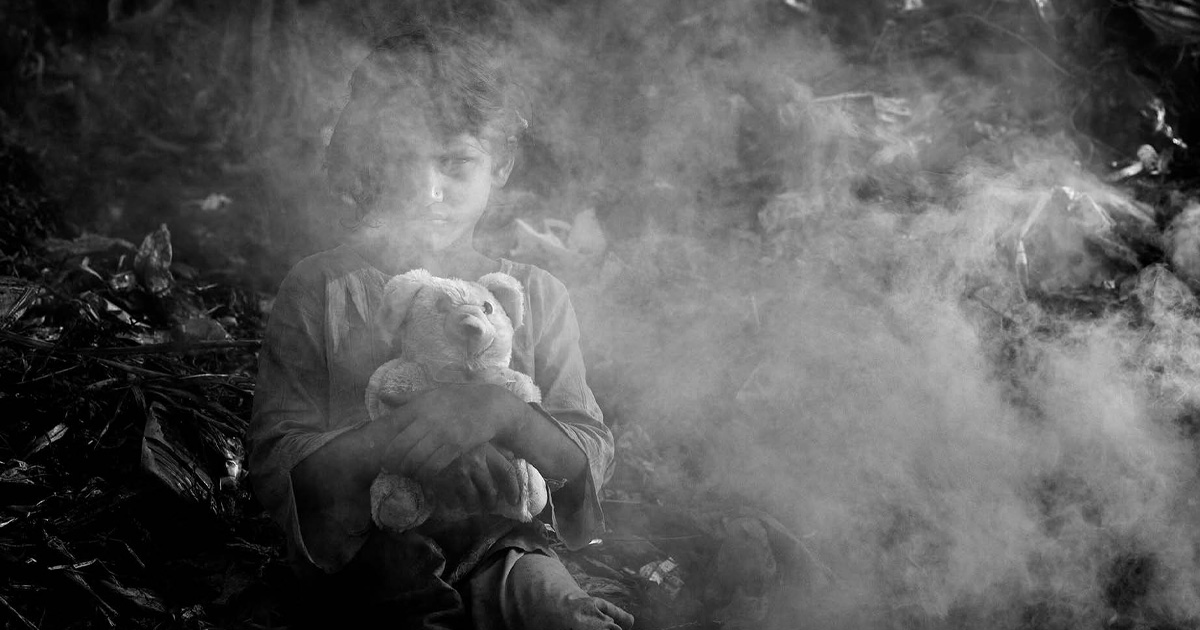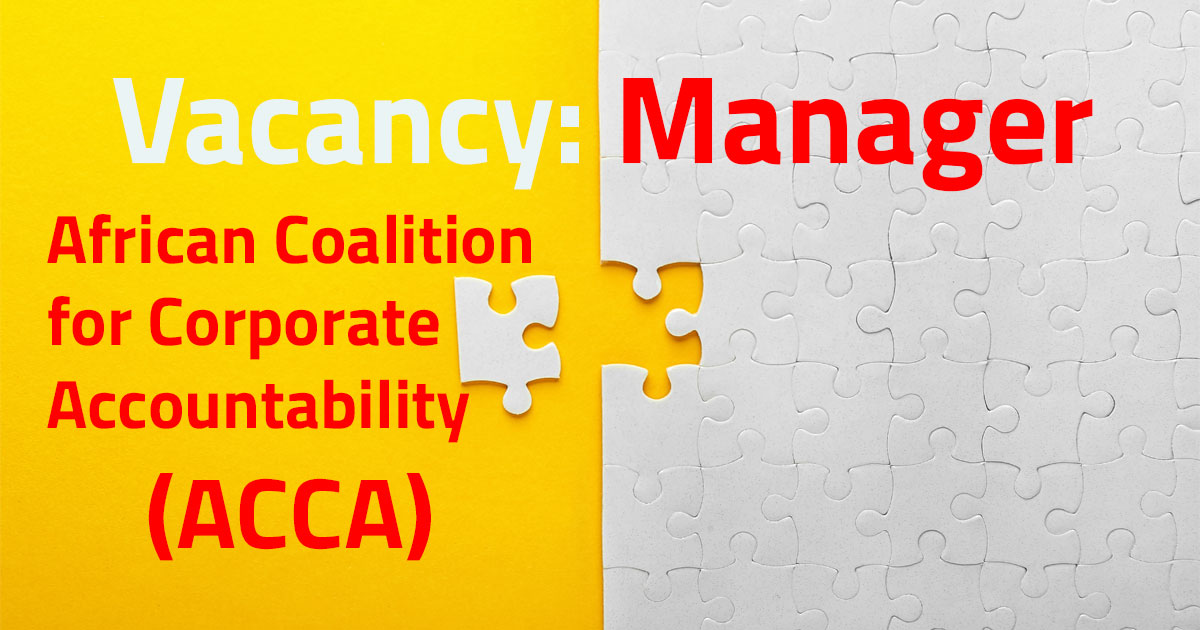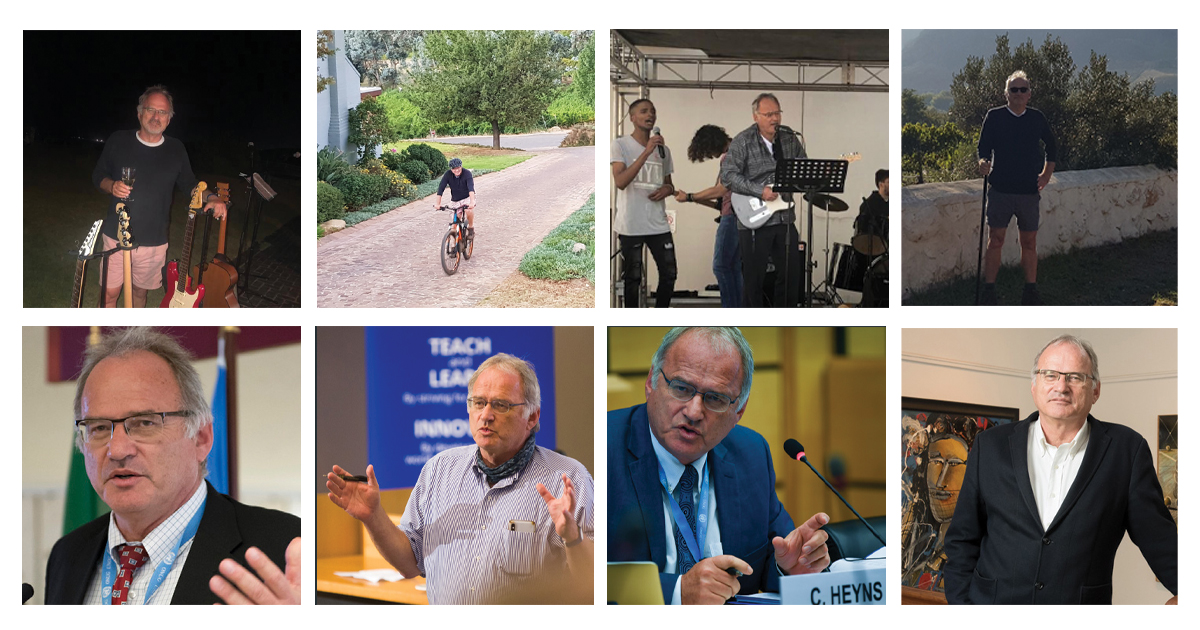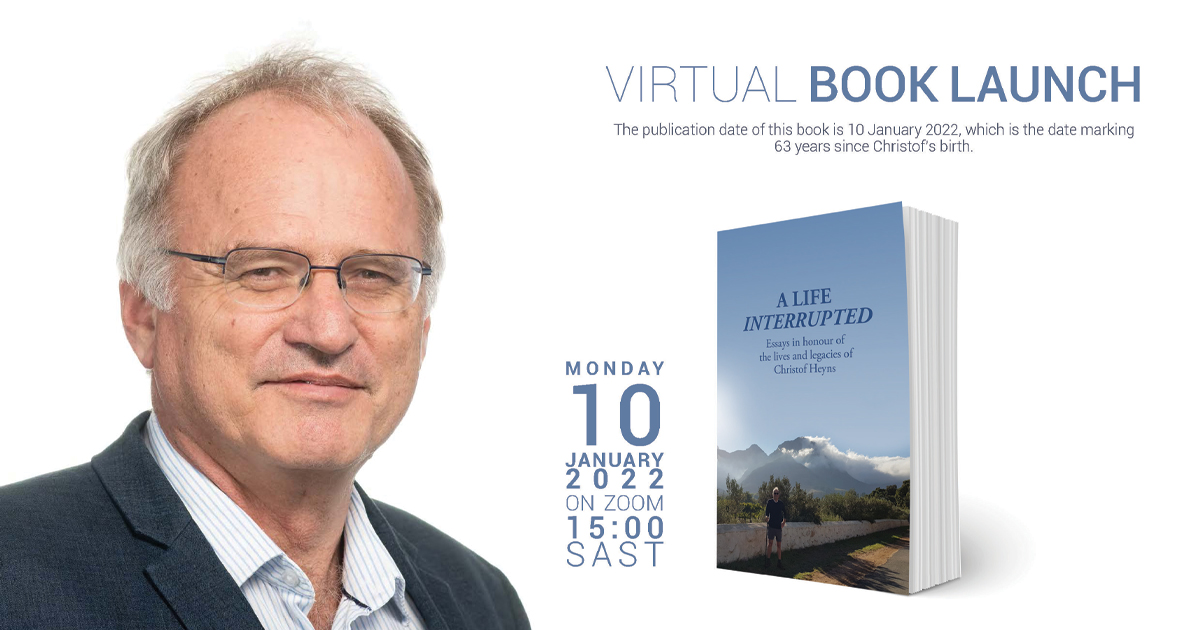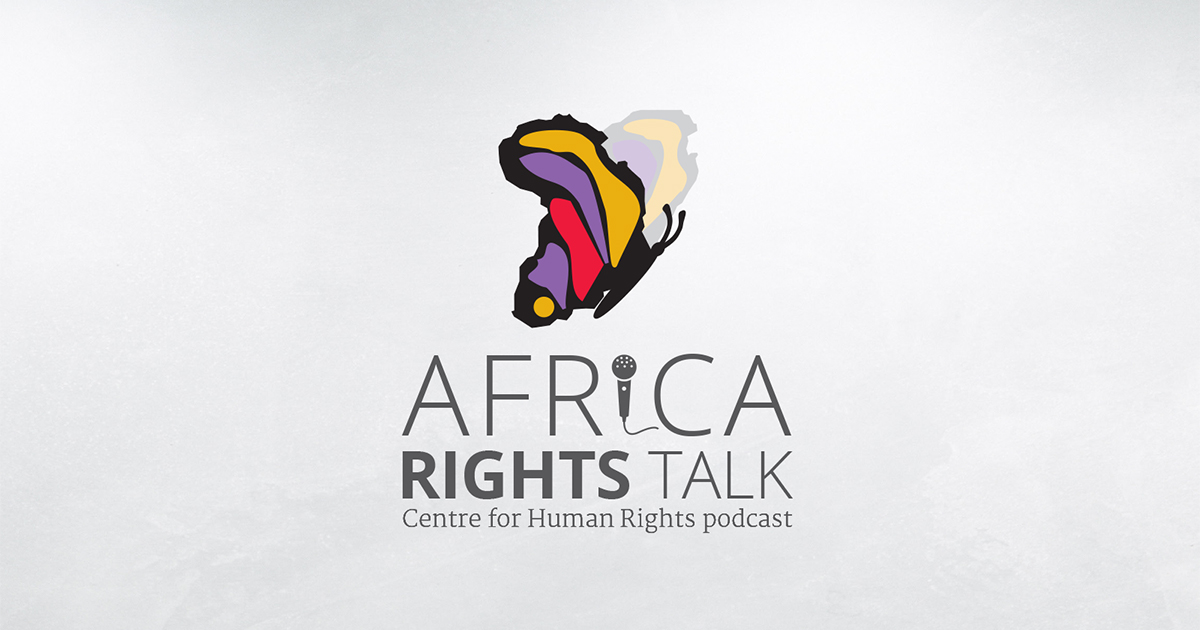- Details
Over 100 students, academics and experts from more than 50 countries joined the four-day long Global Classroom 2022 on internal displacement, amiably hosted by the Centre for Human Rights, University of Pretoria. The programme included presentations by seven student research teams on regional approaches and case studies on topics such as climate disaster-induced displacement; the impact of ongoing conflicts on displaced women and children; an analysis of the Kampala Convention and the UN Guiding Principle on internal displacement; and the role of state and non-state organisations in supporting IDPs.
- Details
Every year, over a hundred talented law students from across the African continent gather in a different capital city to compete at the prestigious Christof Heyns African Human Rights Moot Court Competition, the largest mock court competition in Africa. Here, young aspiring lawyers act as both prosecution and defense in a cutting-edge fictional human rights court case, each hoping to win the case and bring back the trophy to their home country. African Moot follows four passionate teams from Cape Town, Cairo, Kampala and Nairobi during their months of preparation for a case dealing with refugee rights. The film joins them on their journey to Botswana, where they converge for one intense week of legal oratory, debate, adventure, bonding and high emotion, leading to a dramatic finale before international judges at Botswana’s highest court.
- Details
The Centre for Human Rights (CHR) and the Centre for Sexualities, AIDS, and Gender (CSA&G) at the University Pretoria together with the Center for Gender Studies and Feminist Futures (CGS) and the Center for Conflict Studies (CCS) at the Philipps-University Marburg cordially invite you the third edition of the Pretoria-Marburg Queer Conversations on the Colonial Legacies of Anti-LGBTIQ+ Rights in African States.
- Details
The International Development Law Unit, Centre for Human Rights together in collaboration with Oxfam cordially invite you to a hybrid webinar to launch the reports for the New Development Bank Transparency and Accountability Series.
- Details
The Women’s Rights Unit Clinic, Centre for Human Rights, Faculty of Law, University of Pretoria, hosted a Zoom webinar on the implementation of the Gender Action Plan (2017) to support gender-responsive climate action in Africa.
- Details
The Centre for Human Rights, University of Pretoria, hosts an annual conference on disability rights in an African context during the month of November. The inaugural disability rights conference was held in 2013. The annual conference serves as a platform for convening dialogue amongst key stakeholders on disability rights, and to spotlight pertinent and emerging disability rights concerns in the African region.
- Details
On the 26 and 27 May 2022, the Children’s Rights Unit at the Centre for Human Rights, University of Pretoria hosted a meeting to validate its draft regional study report on child participation in the implementation of the Global and Regional Development with a focus on the Sustainable Development Goals (SDGs), the African Union (AU) Agenda 2063, and the AU Agenda 2040 for Children.
- Details
The Centre for Human Rights, Faculty of Law, University of Pretoria (the Centre) at a meeting on 24 May 2022, signed a Memorandum of Understanding (MOU) with the Office for Public Defender and Citizens’ Rights Commission in Kogi State, Nigeria (PDCRC). The PDCRC is a hybrid institution that provides legal aid for indigent individuals in Kogi State and also serves as a Human Rights Commission that tries to advance human rights in Kogi State.
- Details
The Women’s Rights Unit of the Centre for Human Rights, Faculty of Law, University of Pretoria, cordially invites you to a webinar on implementation of the gender action plan to support gender responsive climate action in Africa.
- Details
Following the success of the first edition of the series, the 2022 Pretoria-Marburg Queer Conversations continues with a discussion on ‘Threats to Human Rights for LGBTIQ+ Communities: Hate Crimes and Conversion Therapy’.
- Details
The Disability Rights Unit, Centre for Human Rights, University of Pretoria held a two-day regional convening on Promoting access to justice for persons with intellectual and psychosocial disabilities in Southern Africa from 16 to 17 May 2022 at Capital Hotel Menlyn Maine in Pretoria, South Africa.
- Details
The Institute for International and Comparative Law in Africa (ICLA) invites members of the Faculty and broader University Community to a seminar entitled: The role of constitutional courts in post-coup d’état and post-insurrection transitions: The West African cases of Niger, Burkina Faso, and Mali.
- Details
The Centre for Human Rights (CHR) in partnership with the Konrad Adenauer Stiftung (KAS) under the aegis of the Rule of Law Program for Sub Saharan Africa developed an easy reference booklet that summarises the Bill of Rights as espoused in the constitution of Zambia.
- Details
Global Campus Africa, in partnership with The Master’s Programme in Human Rights and Democratisation in Africa (HRDA) Centre for Human Rights, Faculty of Law, University of Pretoria, cordially invite you to the Global Classroom 2022 on Internal Displacement.
Dates: 30 May - 3 June 2022, 10:00-15:30 CEST
- Details
Shifting language(s): the evolving landscape of words and meanings in queer lives
On the occasion of IDAHOBIT 2022, the Centre for Human Rights, Faculty of Law, University of Pretoria, and the Centre for Sexualities, AIDS and Gender, University of Pretoria, in partnership with the Embassy of France in South Africa and the Alliance Française in Pretoria are hosting a panel discussion on the theme “Shifting language(s): the evolving landscape of words and meanings in queer lives”.
- Details
On 21 April 2022, the Centre for Sexualities, AIDS, and Gender (CSA&G) at the University Pretoria, facilitated the first webinar in the Pretoria-Marburg Queer Conversations: Scholarly and Activist Perspectives on LGBTIQ+ Lived Realities in Africa in collaboration with the Centre for Human Rights (CHR) and the Center for Conflict Studies (CCS) as well as the Center for Gender Studies and Feminist Futures (CGS), Philipps-University of Marburg. The Pretoria- Marburg Queer Conversations creates a monthly space for in-depth discussions designed to tap into the intersections of knowledge-production and transfer between diverse scholarly and activist spheres and contributes to methodological, conceptual, and normative aspects of centering LGBTIQ+ rights and lived realities in African contexts.
- Details
The Centre for Human Rights, University of Pretoria, and Mzalendo Trust in partnership with Parliamentary Network Africa (PNAfrica) hosted a two-day civil society engagement on the workings on the Pan-African Parliament (PAP) for the East African Community. This forum was held on Monday 25 and Tuesday 26 April 2022, in Nairobi, Kenya. The forum focused on developing networks for increased engagement between civil society in the East African region and the Pan-African Parliament.
- Details
The Centre for Human Rights University of Pretoria officially launched its #GreenJusticeAfrica campaign on the impact of climate change on the protection and fulfilment of human rights in Africa on 4 May 2022.
- Details
The Pretoria University Law Press (PULP) in partnership with African Forum and Network on Debt and Development (AFRODAD) and Afronomicslaw invites you to the virtual book launch of COVID-19 and Sovereign Debt, edited by Daniel D. Bradlow and Magalie L. Masamba (2022)
- Details
Today, Global Partners Digital (GPD), the Centre for Human Rights at the University of Pretoria (CHR), Article 19 West Africa, the Collaboration on International ICT Policy in East and Southern Africa (CIPESA) and PROTEGE QV jointly launch LEXOTA—Laws on Expression Online: Tracker and Analysis, a new interactive tool to help human rights defenders track and analyse government responses to online disinformation across Sub-Saharan Africa.
- Details
On 28 and 29 April 2022 the Children’s Rights Unit, at the Centre for Human Rights, Faculty of Law, University of Pretoria (the Centre), in collaboration with the Raoul Wallenberg Institute (Kenya office), hosted a stakeholder meeting and training workshop on Children’s Privacy Rights in Africa. During the event, the Center also launched its study on children’s right to privacy in the digital sphere in Africa. The event was attended by key stakeholders from various countries across the continent and representatives from the African and UN Children’s Committees.
- Details
Lesbian Day of Visibility is celebrated internationally on 26 April each year, as part of Lesbian Visibility Week. Lesbian Visibility Day seeks to combat the erasure of lesbians by celebrating their existence, achievements and contributions. The Centre for Human Rights is proud to celebrate Lesbian Visibility Day and to note the important role lesbians have played in the feminist, LGBTIQ+ and anti-apartheid movement in South Africa as well as various movements for justice across the continent and globe.
- Details
The Centre for Human Rights, University of Pretoria (the Centre), and ARTICLE 19 Eastern Africa are assessing state compliance with the Guidelines on Access to Information and Elections in Africa (the Guidelines) that the African Commission on Human and Peoples’ Rights (the African Commission) adopted during its 61st Ordinary Session in November 2017. The Centre completed its initial country assessment under the Guidelines focusing on the 2019 elections in South Africa. The Centre is collaborating with ARTICLE 19 Eastern Africa to examine the performance of stakeholders (Election Management Body; appointing authority; law enforcement agencies; political parties and candidates; media and regulatory bodies; election observers; and civil society) in proactively disclosing election-related information as envisaged under the Guidelines in the 2022 general elections in Kenya. The study is a joint initiative between the Centre and ARTICLE 19 Eastern Africa.
- Details
In pursuit of the ideals of excellence, the University of Pretoria wishes to invite applications for the following vacancy. The University of Pretoria's commitment to quality makes us one of the top research Universities in the country and gives us a competitive advantage in international development.
The Centre for Human Rights (the Centre) is looking for experienced local researchers to conduct a review of discriminatory laws related to violence against women (VAW) in the following countries: Uganda, Ethiopia, Mauritius, Tanzania, Madagascar, South Africa, Angola, Malawi, Mozambique, Botswana, Republic of Cameroon, Democratic Republic of Congo, Gabonese Republic, Egypt, Tunisia, Algeria, Morocco, The Gambia, Liberia, Sierra Leone, Nigeria, Ghana, Senegal, Mali and Cape Verde.
- Details
The Centre for Human Rights, Faculty of Law, University of Pretoria, invites you to a hybrid campaign launch event in the form of a #BrownPaperBag lunch. This event is the first of a series of activities for the #GreenJusticeAfrica campaign.
- Details
First of a series
As part of its efforts in increasing awareness and understanding among relevant stakeholders about the jurisprudence of African human rights bodies, the Centre for Human Rights, Faculty of Law, University of Pretoria, on 7 April 2022 launched a quarterly webinar series on decisions of African human rights bodies.
- Details
The Centre for Human Rights, Faculty of Law, University of Pretoria, has released volume 2 of the photobook series titled Looking through the prism: Narratives of queer dignity in South Africa. This series features photographs and narratives of the lives of LGBTIQ+ persons living in South Africa. Volume 2 of the series focuses on lesbian, bisexual and queer (LBQ) cisgender and transgender women.
- Details
The Centre for Human Rights, Faculty of Law, University of Pretoria, condemns the xenophobic attacks against non-citizens in South Africa and in particular the brutal murder of Elvis Nyathi, a Zimbabwean national residing in the Johannesburg township of Diepsloot. Elvis’ brutal murder happened after several inflammatory statements targeting non-citizens, by representatives of political parties and vigilante groups. The state cannot allow vigilante groups to take the law into their own hands and in the name of curbing crime, engage in an extra-judicial killing of a person solely based on their nationality. If this behaviour is not curtailed through application of the rule of law and protection of the human rights of all people in South Africa by the government, more people will be killed and more livelihoods and property will be destroyed.
- Details
As South Africa get set for the 4th cycle of its review by the UPR in November 2022, the Social Policy Initiative (SPI) and the Centre for Human Rights (Centre) have requested the UPR Working group to encourage South Africa to adopt a new composite index in accordance with the recommendations of the United Nations Committee on Economic, Social and Cultural Rights.
- Details
Season 4 Episode 1: Reversing the commercialisation of public services with a particular focus on the right to health
In conversation with Dr Rosella de Falco and Ms Ashina Mtsumi
Everyone has the right to health which relates to both the right of individuals to obtain a certain standard of health and health care, and the State obligation to ensure a certain standard of public health with the community generally. This episode was published in light of the World Health Day. World Health Day is a global health awareness day celebrated every year on 7 April, under the sponsorship of the World Health Organisation (WHO), as well as other related organisations.
- Details
On Friday 25 March 2022, the Centre for Human Rights hosted an official ceremony to welcome and introduce the students of its Master’s students from three different programmes. This is an annual event, which was hosted in person after 2 years due to the COVID-19 pandemic.
- Details
International Transgender Day of Visibility is celebrated globally on the 31st of March every year. International Transgender Day of Visibility celebrates the existence and achievements of transgender persons and seeks to raise awareness of the discrimination experienced by the trans community. Transgender persons have been at the forefront of LGBTIQ+ communities’ struggles and activism and have contributed to the collective human endeavour in fields as diverse as science, law, philosophy and the arts. Unfortunately, transgender persons in Africa and across the world experience a plethora of human rights violations that have not been effectively addressed, such as transphobic killings, inaccessibility to healthcare, lack of legal recognition and exclusion from public areas of life, such as sports and media. Increasingly, there are attempts to portray trans inclusion as anti-feminist, a move which must be rejected as bad faith and ill-informed. The Centre for Human Rights stands by the principle that human rights are universal and inalienable, indivisible, interdependent and interrelated.
- Details
The Centre for Human Rights, Faculty of Law, University of Pretoria, with the support of the Embassy of the Kingdom of the Netherlands, cordially invites you to apply for its Capacity Building Workshop on Strategic Litigation and Advocacy for human rights defenders working on the promotion and protection of the rights of lesbian, gay, bisexual, transgender, intersex, and other non-binary and gender-nonconforming persons in Africa.
- Details
The Centre for Human Rights, Faculty of Law, University of Pretoria, invites you to a webinar discussion on two casesThe Centre for Human Rights, Faculty of Law, University of Pretoria, invites you to a webinar discussion on two cases recently decided by the African Court on Human and Peoples’ Rights. This event is the first of a series of discussions of decisions by African human rights bodies.
- Details
The Centre for Human Rights, in collaboration with the Department of Public Law at the University of Pretoria, held a panel discussion to reflect on South Africa's foreign policy, against the background of the Russian-Ukrainian war. The panel discussion was presented in a hybrid format on 17 March 2022. Panellists agreed that the invasion by Russia of Ukraine was a flagrant violation of international law. However, there were divergent views on the appropriateness of South Africa’s foreign policy position, which tends not to favour unequivocal condemnation of Russia’s actions.
- Details
Two Mondays, 22 years apart
On Monday 21 March 1960, South Africans protesting a race-based and discriminatory pass-law system converged at a police station in Sharpeville. Their peaceful protest was met with state violence, leading to the death of an estimated 69 people. Today, on this Monday 21 March 2022, we mark ‘Human Rights Day’. We think back to those dark days of pervasive human rights violations and denial of basic human dignity. We are reminded that, despite the many causes for being disgruntled, we have come a long way.
- Details
The Working Group seeks to collect inputs from States and civil society on private actor involvement in the provision of social services - including services such as health, education, social security, water and sanitation. The Working Group also seeks to take into account relevant perspectives on the human rights impacts of privatisation, financialisation and commodification in the social service sector.
- Details
The Centre for Human Rights cordially invites you to the Opening Ceremony of Human Rights Master’s Programmes. On this occasion, students on the Human Rights and Democratisation in Africa, Multidisciplinary Human Rights, Sexual and Reproductive Rights programmes in Africa will be individually introduced.
- Details
The African Court on Human and Peoples’ Rights, the African Commission on Human and Peoples’ Rights, and the African Committee of Experts on the Rights and Welfare of the Child are pleased to announce the call for papers for the sixth volume of the African Human Rights Yearbook (AHRY).
- Details
On Monday, 7 March 2022, Italian diplomat Fabrizio Petri, the country’s first Special Envoy for the Human Rights of LGBTQI+ persons, visited the Centre for Human Rights, Faculty of Law, University of Pretoria. Mr Petri is one of only four such Special Envoys globally. In this position, created in 2021 by the country’s Minister of Foreign Affairs and International Cooperation, he works towards promoting and protecting the rights of LGBTQ+ persons around the world, with special focus on the decriminalisation of same-sex sexual relationships.
- Details
The Centre for Human Rights, Faculty of Law, University of Pretoria, welcomes the recently improved pace of ratification of the 2018 Protocol to the African Charter on Human and Peoples’ Rights on the Rights of Persons with Disabilities in Africa (African Disability Protocol). In the past 12 months, Mali, Kenya and Rwanda have ratified the African Disability Protocol. We applaud these three states for demonstrating commitment and political will to promote and protect the rights of persons with disabilities. However, three ratifications in four years represent a very slow ratification rate. Fifteen ratifications are required for its entry into force. At the current rate of ratification, it would take decades for the Africa Disability Protocol to take effect. An acceleration in ratifications is therefore urgently needed.
- Details
Wellspring’s International Human Rights (IHR) Program seeks a consultant with experience as a practitioner in the transitional justice field to support the Senior Program Officer to further develop a line of grant making to advance implementation of reparation programs for victims and survivors of mass or war-related atrocities and crimes.
- Details
Join the Global Campus Network for this online panel discussion on the current state of human rights in Afghanistan, the role of the UNin the crisis, and the social responsibility of universities.
- Details
The Advanced Human Rights Courses (AHRC) and the Sexual Orientation, Gender Identity and Expression, and Sex Characteristics (SOGIESC) Units at the Centre for Human Rights (the ‘Centre’), University of Pretoria (UP) recently hosted the 2022 edition of its annual short course on Sexual Minority Rights in Africa. The course was presented through both virtual and physical sessions from 21 to 25 February 2022. The course was attended by 70 participants with more than 15 presenters from both across and outside Africa. Participants included the LLM/Mphil students of the Human Rights and Democratisation in Africa (HRDA) and the Sexual and Reproductive Rights in Africa (SRRA) Masters programmes in the Faculty of Law, UP. Also in attendance were researchers, academics, judicial officers, government workers, and members of civil society. The hybrid format provided an opportunity for the Centre to accommodate a larger group of participants in an interactive, virtual classroom in conjunction with those who physically attended the course.
- Details
Dear minister Enoch Godongwana
As you prepare for your first budget speech we urge you to provide the South African public with a full picture of how the government has used the resources it has received from international financial institutions (IFIs) and to announce the establishment of a South African IFI engagement group.
- Details
From 13 - 17 February, the Centre for Human Rights hosted Prof Mutua Makau, SUNY Distinguished Professor and Margaret W. Wong Professor from the SUNY Buffalo Law School to teach on the Master's Programme on Human Rights and Democratisation in Africa. Prof Mutua Makau focused on different topics such as duties in international human rights law, democracy and globalisation, and the rule of law and development in Africa.
- Details
The African Disability Rights Yearbook (ADRY) is calling for papers for consideration for publication in Section A of the ADRY in 2022. The ADRY publishes once a year with a focus on disability rights issues and developments of contemporary concern to persons with disabilities on the African continent. The ADRY is published by the Pretoria University Law Press (PULP) and is published as a peer-reviewed open-access journal.
- Details
The Centre for Human Rights, University of Pretoria cordially invite you to a discussion on the impact of United Nations human rights treaties and mechanisms at the domestic level, organized jointly by the Norwegian Centre for Human Rights (University of Oslo) and the Centre for Human Rights (University of Pretoria) as part of a project funded by Diku’s UTFORSK programme.
- Details
The Centre for Human Rights (Centre) in partnership with Konrad Adenauer Stiftung (KAS) under the aegis of the Rule of Law Program for Sub Saharan Africa developed simple-easy-reference booklets (for non-lawyers) that summarise the Bill of Rights as espoused in the constitutions of selected “Anglophone African” countries which are: Kenya, Malawi and Zambia.The broad aim is to promote human rights and constitutional literacy in Africa.
- Details
The Centre for Human Rights, Faculty of Law, University of Pretoria, is concerned about the growing anti-immigrant sentiments and attacks fuelled by the recent xenophobic statements of political parties.
- Details
The Women’s Rights Unit of the Centre for Human Rights is looking for an experienced consultant with research expertise to conduct a study on the impact of COVID 19 pandemic and state measures in relation to the pandemic, on the rights of older women in selected Southern African states.
- Details
ACCA is looking for a dedicated, creative, and energetic person who will work as ACCA Project Administrator. The ACCA Project Administrator will work under the supervision of ACCA’s Manager and will support the work of the ACCA secretariat by providing assistance on project development and implementation, supporting ACCA partners, undertaking advocacy and conducting research.
- Details
The International Development Law Unit is seeking a student to work as a part-time office administrator and personal assistant to the SARChi Chair of International Development Law and African Economic Relations.
- Details
The first Christof Heyns Human Rights Scholarship has been awarded to Keketso Kgomosotho to undertake doctoral studies at the University of Pretoria. Keketso was introduced to Christof’s wife and the Vice-Chancellor and Principal of the University, Professor Tawana Kupe, during a lunch event at the Heyns’ residence on 23 January 2022.
- Details
Technological developments have made what was once science fiction reality. This gives some hope for a utopian future while others get nightmares. It also highlights the extent to which technologies that are not explicitly designed with human rights and equity in mind have tremendous potential to do harm.
- Details
The COVID-19 pandemic has clearly disrupted many of the systems that assure children’s mental health and well-being but it also highlights already existing failures to care for the mental health of children and the adults caring for them (parents, other carers, teachers).
- Details
The African Coalition for Corporate Accountability (ACCA) is looking for a dedicated, creative, and energetic person who provide overall intellectual leadership to and be responsible for the operational management of the African Coalition for Corporate Accountability (ACCA), a coalition of more than 100 African organisations (mostly non-governmental organisations), working in the field of business and human rights on the continent.
- Details
A life Interrupted: essays in honour of the lives and legacies of Christof Heyns
In honour of the late internationally-renowned human rights lawyer, Professor Christof Heyns, a volume of essays, A life interrupted: essays in honour of the lives and legacies of Christof Heyns, was launched (virtually) on 10 January 2022, which is the date marking 63 years since Christof’s birth.
- Details
The Pretoria University Law Press (PULP) invites you to the virtual book launch of A LIFE INTERRUPTED: Essays in honour of the lives and legacies of Christof Heyns, edited by Frans Viljoen, Charles Fombad, Dire Tladi, Ann Skelton and Magnus Killander (2022).
- Details
Season 3 Episode 12: #Tech4Rights: Violence against women and girls online
In conversation with Ms Amanda Manyame
- Details
Binaries and Boxes
In conversation with Dr Mzikazi Nduna

